People
Faculty
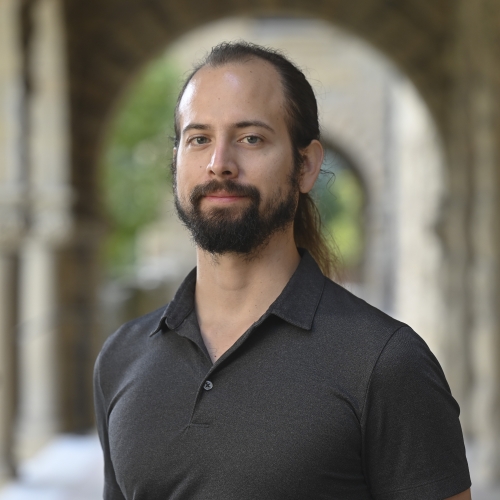
Ronald E. Robertson
Ronald E. Robertson is a research scientist at the Stanford Cyber Policy Center who designs experiments and software to explore human-algorithm interactions in digital spaces, especially as they relate to influence and information seeking. His research on these topics has been published in general interest journals, including Nature, Science Advances, and PNAS, and computer science conferences, such as the Proceedings of the ACM: Human-Computer Interaction, the Proceedings of the Web Conference (WWW), and Proceedings of the International AAAI Conference on Weblogs and Social Media (ICWSM).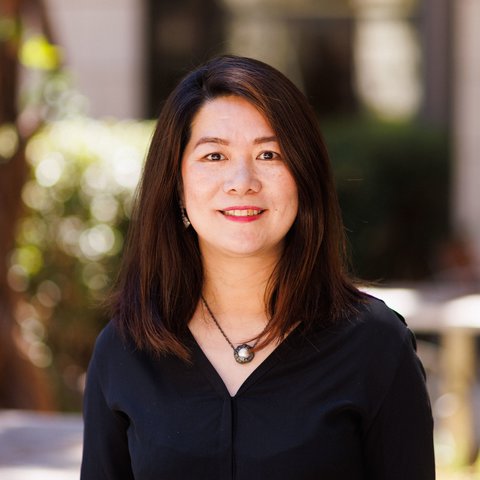
Sunny Xun Liu
Dr. Sunny Xun Liu is the Director of Research at the Stanford Social Media Lab. Dr. Liu's research focuses on the social and psychological effects of social media and AI, social media and well-being, and how the design of social robots impact psychological perceptions.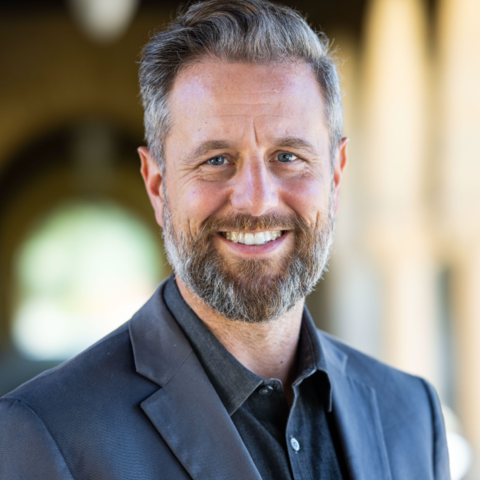
Jeff Hancock
Jeff Hancock is the founding director of the Stanford Social Media Lab and is Harry and Norman Chandler Professor of Communication at Stanford University. Professor Hancock and his group work on understanding psychological and interpersonal processes in social media. The team specializes in using computational linguistics and experiments to understand how the words we use can reveal psychological and social dynamics, such as deception and trust, emotional dynamics, intimacy and relationships, and social support. Recently Professor Hancock has begun work on understanding the mental models people have about algorithms in social media, as well as working on the ethical issues associated with computational social science.Speakers
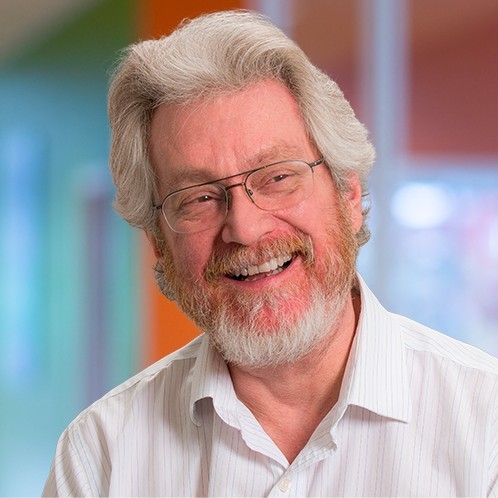
Alex 'Sandy' Pentland
Alex 'Sandy' Pentland directs MIT's Human Dynamics Laboratory and the MIT Media Lab Entrepreneurship Program, co-leads the World Economic Forum Big Data and Personal Data initiatives, and is a founding member of the Advisory Boards for Nissan, Motorola Mobility, Telefonica, and a variety of start-up firms. He has previously helped create and direct MIT's Media Laboratory, the Media Lab Asia laboratories at the Indian Institutes of Technology, and Strong Hospital's Center for Future Health.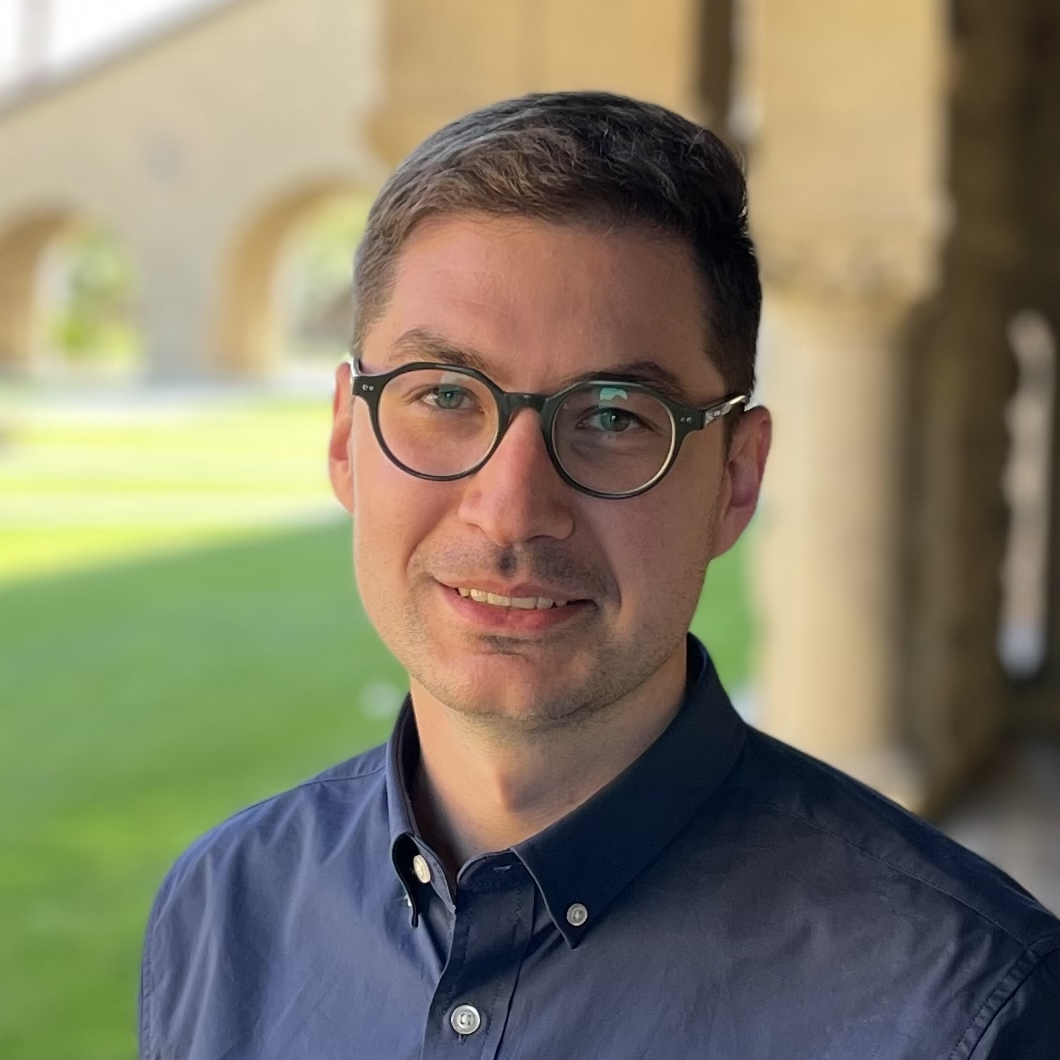
Martin Saveski
Martin Saveski is an Assistant Professor at the University of Washington Information School. He received his Ph.D. from the Massachusetts Institute of Technology and was a Postdoctoral Scholar at Stanford University. His research develops tools for analyzing large-scale social data, aiming to provide a better understanding of social structure and behaviors online while also impacting the design of digital social systems. His recent work has focused on developing new feed ranking algorithms aimed at reducing political polarization and studying the effects of crowd-sourced fact-checking. His research has been featured in popular media outlets, including The New York Times, NPR, and the MIT Tech Review.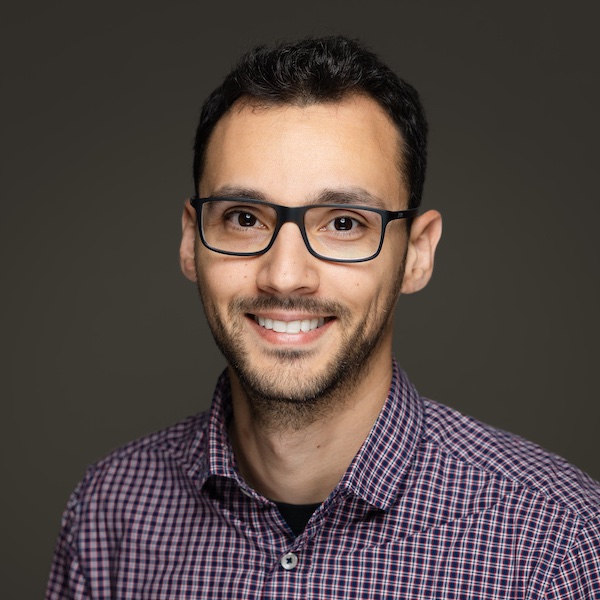
Tiziano Piccardi
Tiziano Piccardi is a postdoctoral scholar at Stanford University and an incoming assistant professor in the Computer Science Department at Johns Hopkins University. He earned a PhD in data science from the École Polytechnique Fédérale de Lausanne. His research in social computing and web science aims to improve the design of online platforms, including social media and open knowledge ecosystems.
Matt DeButts
Matt DeButts is a Ph.D. candidate in Communication and former Knight-Hennessy Scholar at Stanford University. His research uses computational methods to examine Chinese digital media, political communication, and authoritarian information controls, with recent work focusing on how propaganda is adapted for platforms like Douyin, how journalist expulsions shape international news coverage, and how the Chinese government influences overseas Chinese-language news outlets. His work has been published in the Journal of Communication, EMNLP Proceedings, Social Media + Society, and Communication and the Public. Prior to academic, Matt worked as a journalist at the Los Angeles Times, a researcher at the Stanford Internet Observatory, and a contributing editor at the Economist Intelligence Unit. He earned an M.A. from Peking University's Yenching Academy and a B.A. from Amherst College.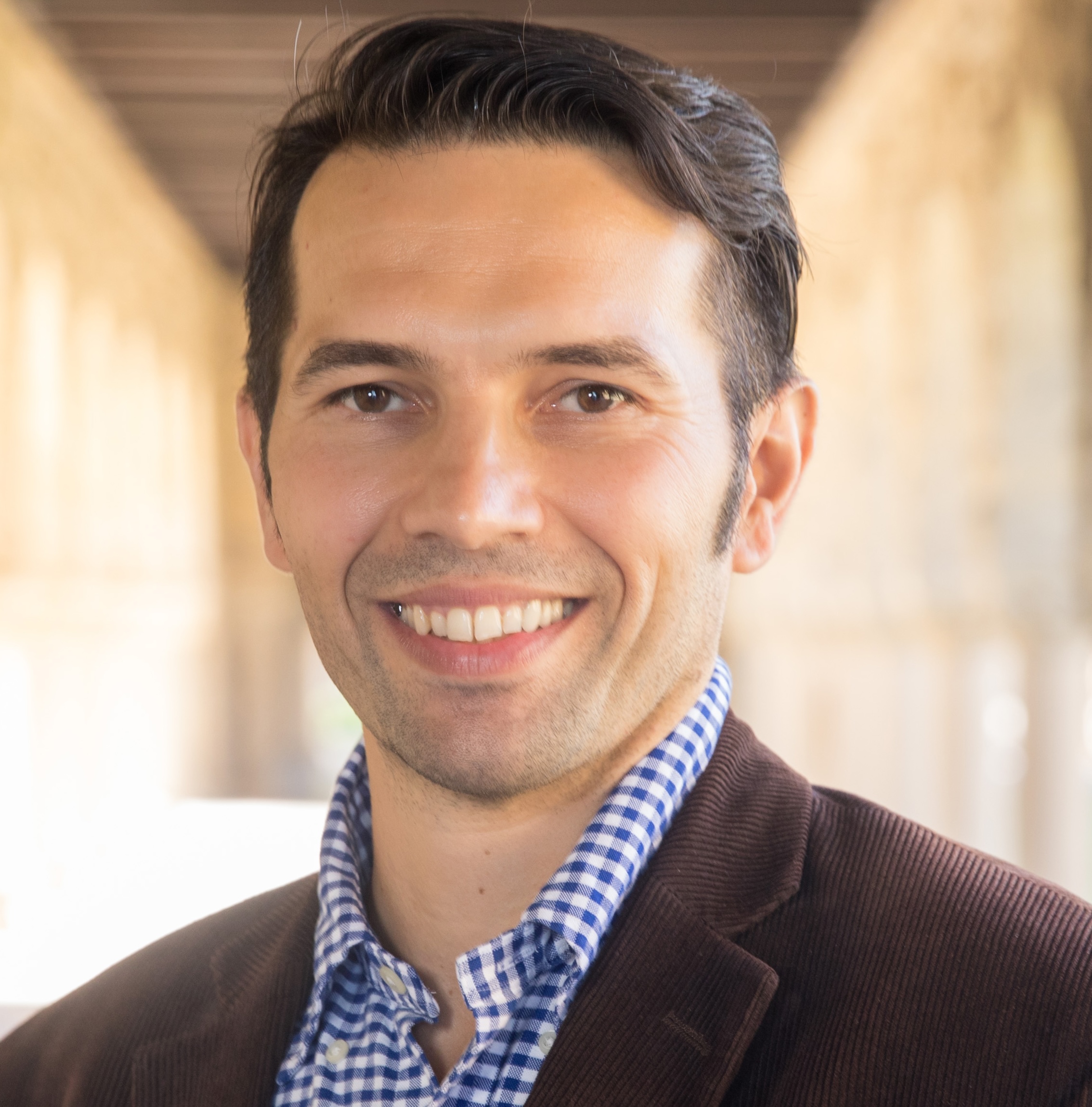
Djordje Padejski
Djordje Padejski is the Associate Director of the John S. Knight Journalism Fellowships at Stanford and a Lecturer in the Journalism Program at Stanford University. His work focuses on the intersection of artificial intelligence, journalism, and news media ecosystems. He teaches courses at Stanford on AI and journalism and leads several initiatives focused on media innovation and computational methods in journalism. Before joining Stanford, Djordje worked as an investigative journalist and editor with organizations including the International Consortium of Investigative Journalists (ICIJ), the Center for Investigative Reporting (CIR), OCCRP, and the Center for Investigative Journalism in Serbia (CINS), where he was a founding director and editor. He is a doctoral candidate at the Walter Cronkite School of Journalism and Mass Communication at Arizona State University, where his research explores the impact of AI technologies on journalism, including media narratives on AI and computational approaches to news analysis. His forthcoming book, Handbook: Investigating Artificial Intelligence for Journalists and Researchers, will be published in 2026.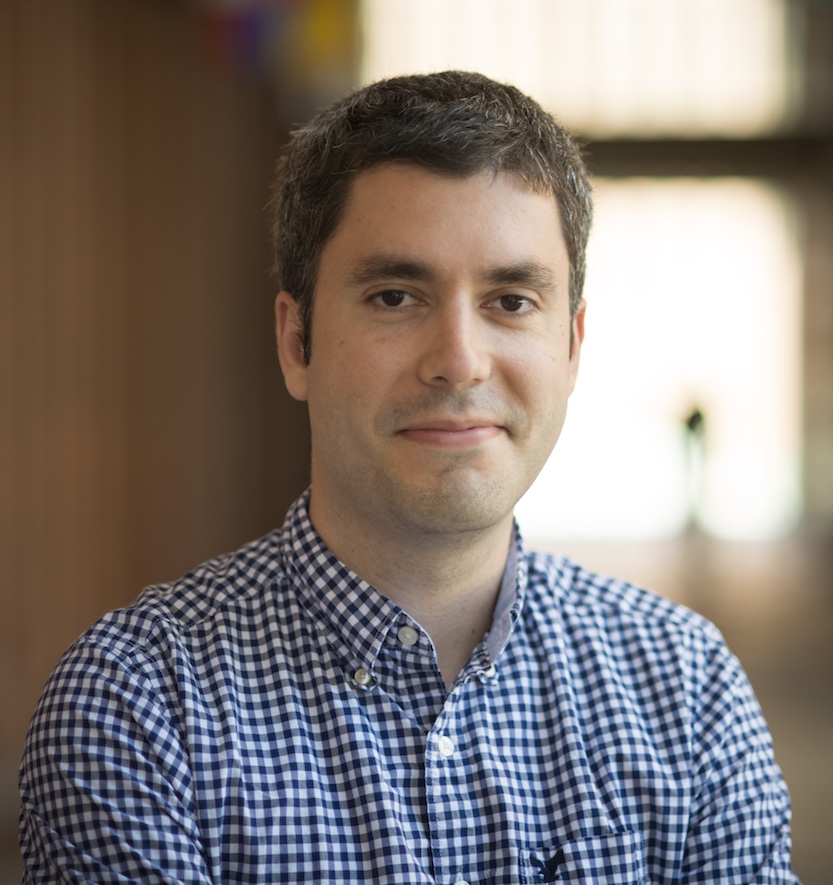
Pablo Barberá
I am a Research Scientist in Meta's Computational Social Science team and an Adjunct Associate Professor in the Department of Political Science and International Relations at the University of Southern California. I received my PhD in Political Science from New York University, where I was also a graduate research associate in the Social Media and Political Participation lab and a Moore-Sloan Post-Doctoral Fellow at the NYU Center for Data Science. Prior to joining Meta, I was an Assistant Professor of Computational Social Science in the Methodology department at the London School of Economics. My primary areas of academic research include social media and politics, computational social science, and comparative electoral behavior and political representation.
Kristina Gligorić
Kristina Gligorić is a Postdoctoral Scholar at Stanford University's Computer Science Department and an incoming Assistant Professor of Computer Science at Johns Hopkins University. Previously, she obtained her Ph.D. in Computer Science at EPFL. Her work has been published in top computer science conferences focused on computational social science and NLP, and in broad audience journals. She is a Swiss National Science Foundation Fellow, EECS Rising Star, Rising Star in GenAI, and Rising Star in Data Science. She received awards for her work, including the EPFL Thesis Distinction and CSCW 2021 Best Paper Honorable Mention Award. Her work has been featured in high-profile outlets including Scientific American and Nature's Editors' Highlights.
Tijana Zrnic
Tijana Zrnic is a Member of Technical Staff at LMArena and an incoming Assistant Professor at Stanford University, jointly appointed between Statistics, Management Science & Engineering, and, by courtesy, Computer Science. Until recently she was a Ram and Vijay Shriram Postdoctoral Fellow at Stanford University, affiliated with Stanford Data Science and the Department of Statistics. Tijana obtained her PhD in Electrical Engineering and Computer Sciences at UC Berkeley and a BEng in Electrical and Computer Engineering at the University of Novi Sad in Serbia. Her research establishes foundations to ensure data-driven technologies have a positive impact; she has worked on topics such as AI-assisted statistical inference, performative prediction, and mitigating selection bias.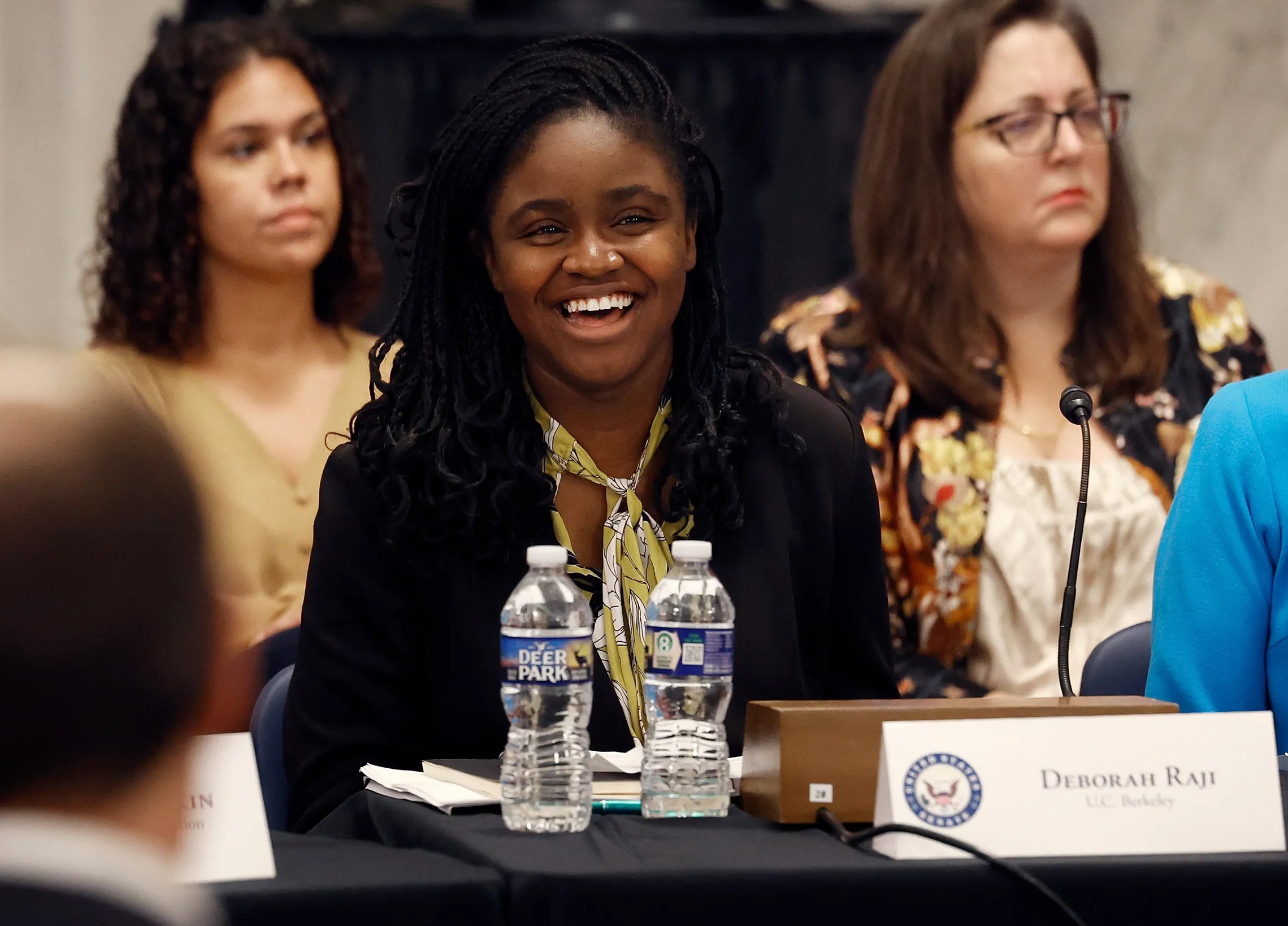
Inioluwa Deborah Raji
Deborah is a researcher at UC Berkeley interested in algorithmic auditing. She has worked closely with industry, civil society and within academia to push forward the Algorithmic Justice League initiative, founded by Joy Buolamwini of the MIT Media Lab, on several award-winning projects to highlight cases of bias in facial recognition. She was a mentee in Google AI's flagship research mentorship cohort, working with their Ethical AI team on various projects to operationalize ethical considerations in ML practice, including the Model Cards documentation project, and SMACTR internal auditing framework. She was also recently a research fellow at the Partnership on AI, working on formalizing documentation practice in Machine Learning through their ABOUT ML initiative, as well as at the AI Now Institute at New York University pushing forward benchmarking and model evaluation norms. She was recently named to Forbes 30 Under 30, MIT Tech Review 35 Under 35 Innovators and the the list of TIME 100 Most Influential in AI.
Brennan Klein
Brennan Klein is core faculty at the Network Science Institute at Northeastern University in Boston and Assistant Teaching Professor in the Department of Physics. He is the director of the Complexity & Society Lab, which is focused on two broad research areas: 1) Information, emergence, and inference in complex systems: developing tools and theory for characterizing dynamics, structure, and scale in networks, and 2) Public health and public safety: drawing on complex systems science to document—and fight against—emergent or systemic disparities in society, especially as they relate to public health and public safety.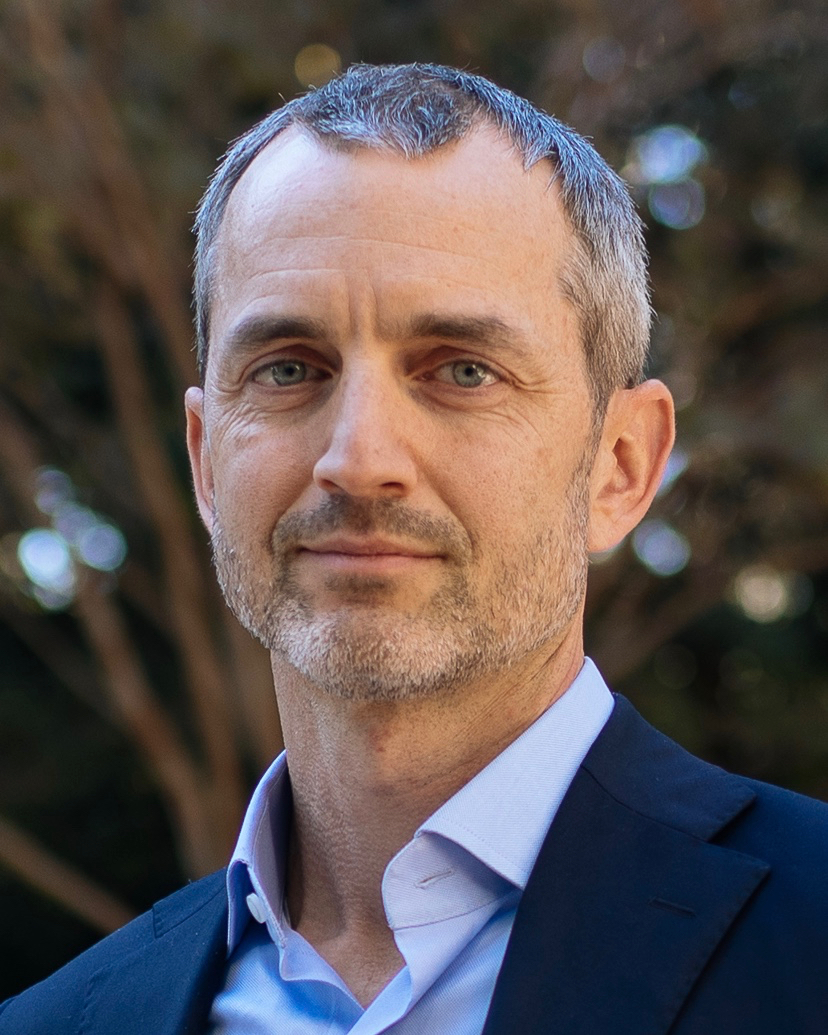
Matthew Gentzkow
Matthew Gentzkow is the Landau Professor of Technology and the Economy at Stanford University. He studies the economics and social impact of media and technology industries. He is a member of the National Academy of Sciences, a fellow of the American Academy of Arts and Sciences, a fellow of the Econometric Society, a senior fellow at the Stanford Institute for Economic Policy Research, and the Editor of American Economic Review: Insights. He received the 2014 John Bates Clark Medal, given by the American Economic Association to the American economist under the age of forty who has made the most significant contribution to economic thought and knowledge. Other awards include the Calvó-Armengol International Prize, the John Von Neumann Award, the Alfred P. Sloan Research Fellowship, grants from the National Science Foundation, National Institutes for Health, and Sloan Foundation, and a Faculty Excellence Award for teaching. He studied at Harvard University where he earned a bachelor's degree in 1997, a master's degree in 2002, and a PhD in 2004.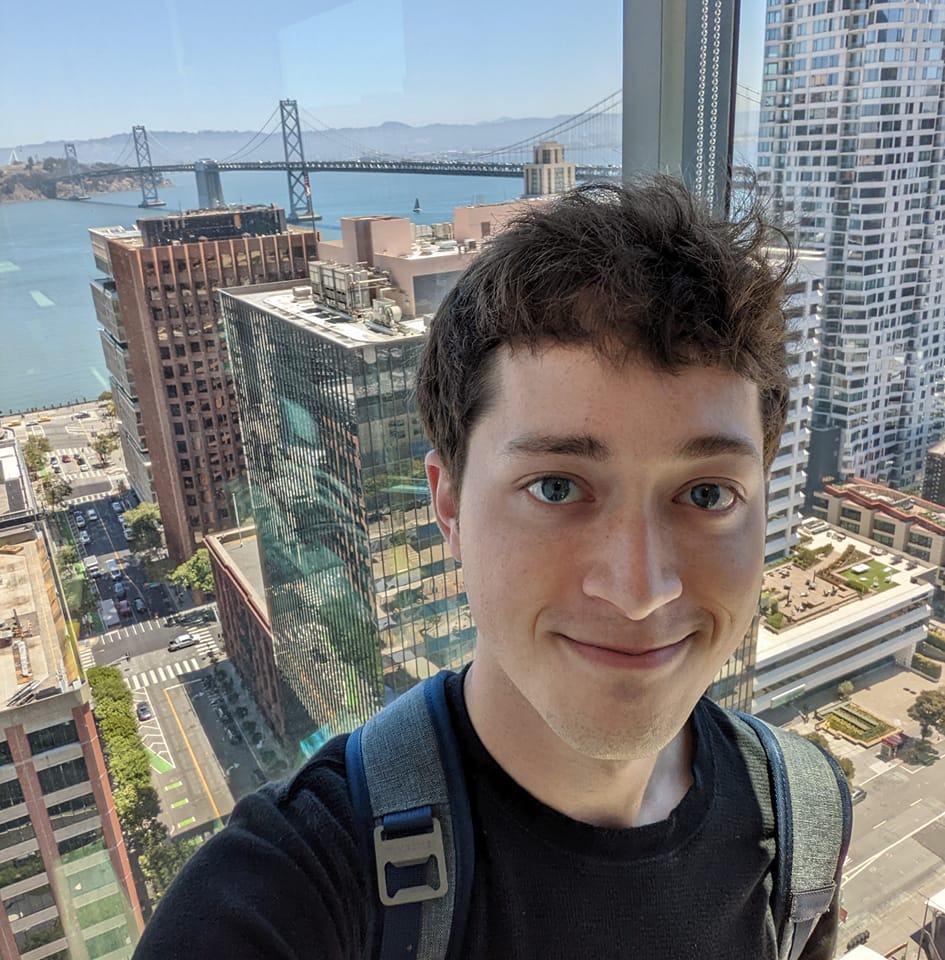
Caleb Ziems
Caleb is a PhD student in the NLP Group at Stanford University, where he is advised by Prof. Diyi Yang. Caleb is interested in evaluating the social intelligence and cultural competence of Large Language Models, especially for applications in the social sciences. Previously, he obtained an M.S. from Georgia Tech and a B.S. from Emory University, and he has spent some of his summers interning at Meta AI Applied Research.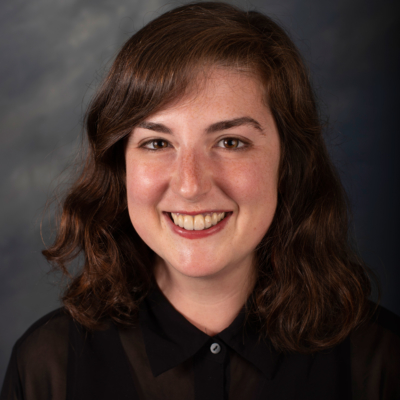
Margaret Hagan
Margaret Hagan is the Executive Director of the Legal Design Lab and a lecturer at Stanford Law School and the Stanford Institute of Design (the d.school). Margaret researches, designs, and develops new ways to make the US civil justice system work better for people. This includes exploring new AI tools, forms and paper notices, websites, in-person services, courthouse design, regulation and policies, and coalition-building. She teaches project-based Policy Lab and Design School classes, with interdisciplinary student groups working in partnership with legal aid groups, courts, local governments, and nonprofits. In these classes, students learn how to lead innovation in the legal system, through user research, multi-stakeholder workshops, data analysis, and the creative design of new legal product, services, and policies. Margaret has served as the director of the American Bar Association Task Force on Evictions, Housing Stability, and Equity since 2021. In 2020, she was awarded the Rebuilding Justice Award from the Institute for the Advancement of the American Legal System. She is a member of the American Law Institute. Margaret graduated from Stanford Law School in June 2013. She served as a student fellow at the Center for Internet & Society and president of the Stanford Law and Technology Association. While a student, she built the game app Law Dojo to make studying for law school classes more interactive & engaging. She was a fellow at the d.school from 2013-2014, where she launched the first version of the Legal Design Lab, experimenting with how strategic design can make legal services more usable, useful & engaging. Margaret holds an AB from the University of Chicago (2003), an MA from Central European University in Budapest (2004), and a PhD from Queen's University Belfast in International Politics (2008), where she was a Marshall Scholar. She is originally from Pittsburgh.
Nóra Al Haider
Nóra Al Haider is the Assistant Director at the Stanford Legal Design Lab. Nóra is a multilingual lawyer and interdisciplinary researcher. She combines the fields of law, design, data and tech to increase access to justice and equity in the legal system. Her pioneering and innovative creations, from social media bots that provide legal advice to analyzing the legal needs of users on online platforms, earned her acclaim in the legal design field. Nóra's legal design projects and interactive art installations have been spotlighted at courts, bar associations, legal organizations and in law schools around the world. Nóra teaches a series of project-based classes in collaboration with the Harvard Graduate School of Design and MIT. During these classes, interdisciplinary student groups explore, research and design user-friendly products, services and systems for legal challenges that are put forward by project partners. One of her current research interests focuses on virtual legal systems. This project track, developed by Nóra, explores legal services and systems that were created during and in the aftermath of the pandemic. She has a special interest in developing and designing user-friendly virtual legal services, online remote proceedings platforms and hybrid court houses. Nóra is known for collaborating with a wide range of partners. Her most recent collaborations include projects with the late Virgil Abloh, Oana Stănescu, the NAACP, the National League of Cities and several courts, government institutions and legal aid organizations in the United States. Nóra is driven by merging various disciplines, processes, and methodologies to enact systemic change in the justice system. Nóra holds a Bachelor (honours) and Research Master in Law from Utrecht University in the Netherlands.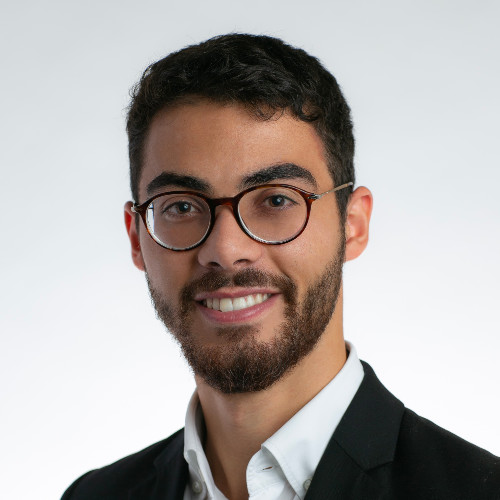
Giuseppe Russo
Giuseppe Russo is a postdoctoral researcher at the DLab at EPFL, advised by Robert West, and currently a visiting scholar in the SALT group at Stanford University, working with Diyi Yang. His research investigates how data-driven methods can help us understand, simulate, and improve the functioning of communities in digitally mediated environments. He explores this question across high-stakes, high-impact domains, including the effects of content moderation on social media, the implementation of sustainability practices on university campuses, and critical decision-making processes within organizations. To address these challenges, Giuseppe develops and applies methods from causal inference to uncover underlying social mechanisms and leverages large language models to assess how closely AI systems can replicate and support human decision-making.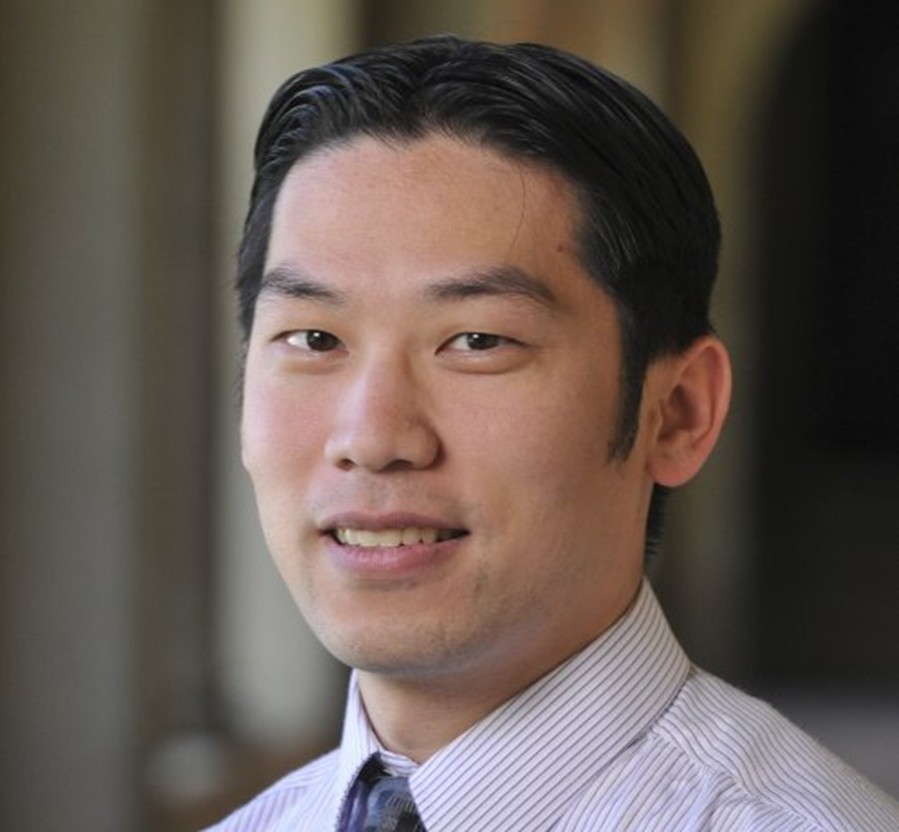
Jonathan H. Chen
Jonathan H. Chen MD, PhD leads a research group to empower individuals with the collective experience of the many, combining human and artificial intelligence approaches to deliver better care than either alone. Dr. Chen continues to practice medicine for the concrete rewards of caring for real people and to inspire this research focused on discovering and distributing the latent knowledge embedded in clinical data. Before his medical training, Chen co-founded a company to translate his Computer Science graduate work into an expert system for organic chemistry, with applications from drug discovery to an education tool for students around the world. His expertise is regularly featured in popular press outlets with over 100 publications in leading clinical and informatics venues and awards from the NIH, National Library of Medicine, American Medical Informatics Association, International Brotherhood of Magicians and more. In the face of ever escalating complexity in medicine, informatics solutions are the only credible approach to systematically address challenges in healthcare. Tapping into real-world clinical data like electronic medical records with machine learning and data analytics will reveal the community's latent knowledge in a reproducible form. By delivering this back to clinicians, patients, and healthcare systems as clinical decision support, he aims to uniquely close the loop on a continuously learning health system.Teaching Assistants
Participants
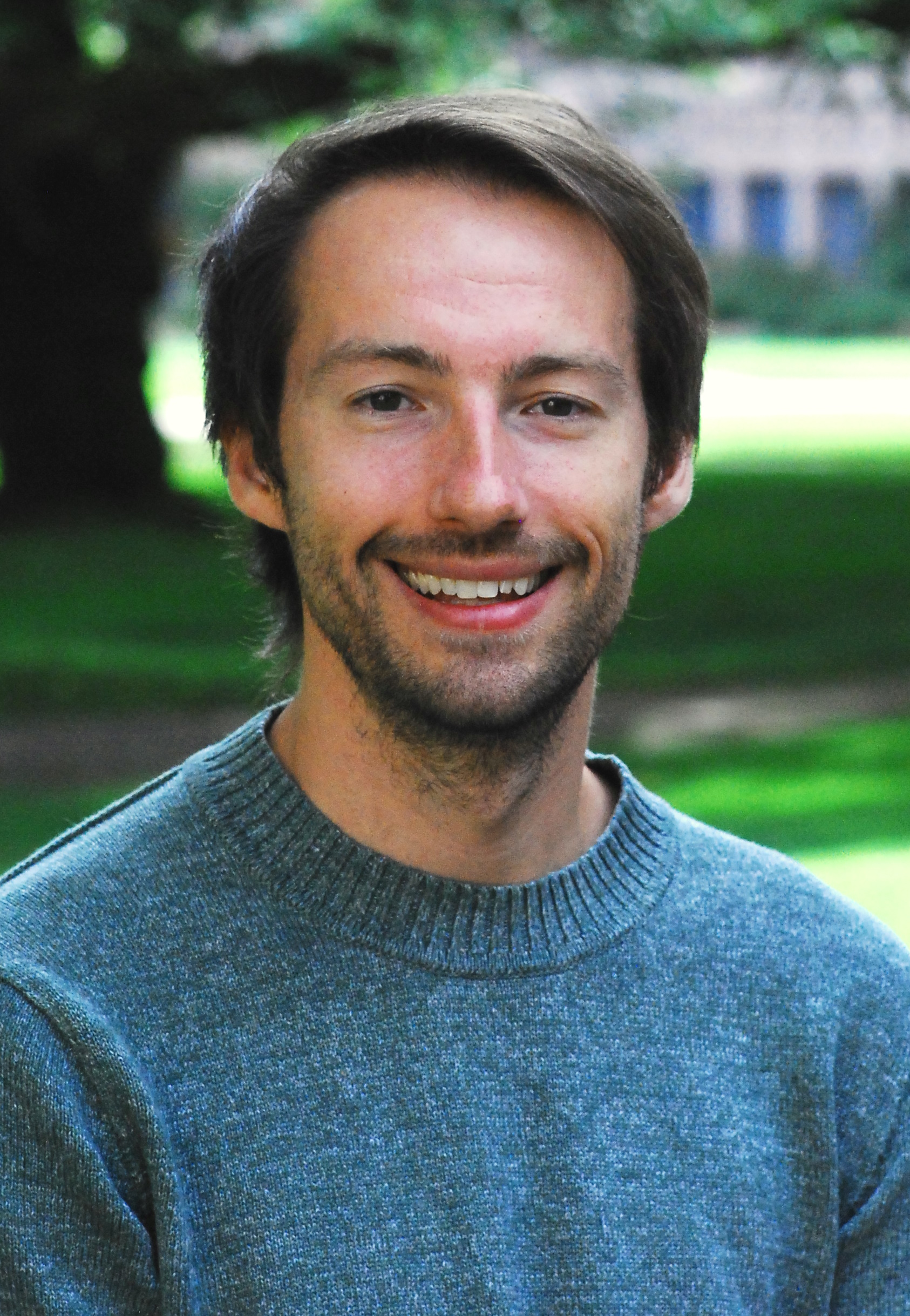
Adam Visokay
Adam is pursuing a PhD in Sociology at the University of Washington where he is advised by Tyler McCormick and Sasha Johfre. He is also an affiliated student with the Max Planck Institute in Germany. Adams research focuses on leveraging AI and machine learning to study social phenomena, often driven by questions in public health, economics, and sociology. He is particularly interested in conducting valid statistical inference using predictions from black box models and incorporating the Rashomon effect into social inquiry. Before moving to Seattle, Adam earned an MA in Economics from Syracuse University and a BA in Economics and History from the University of Virginia.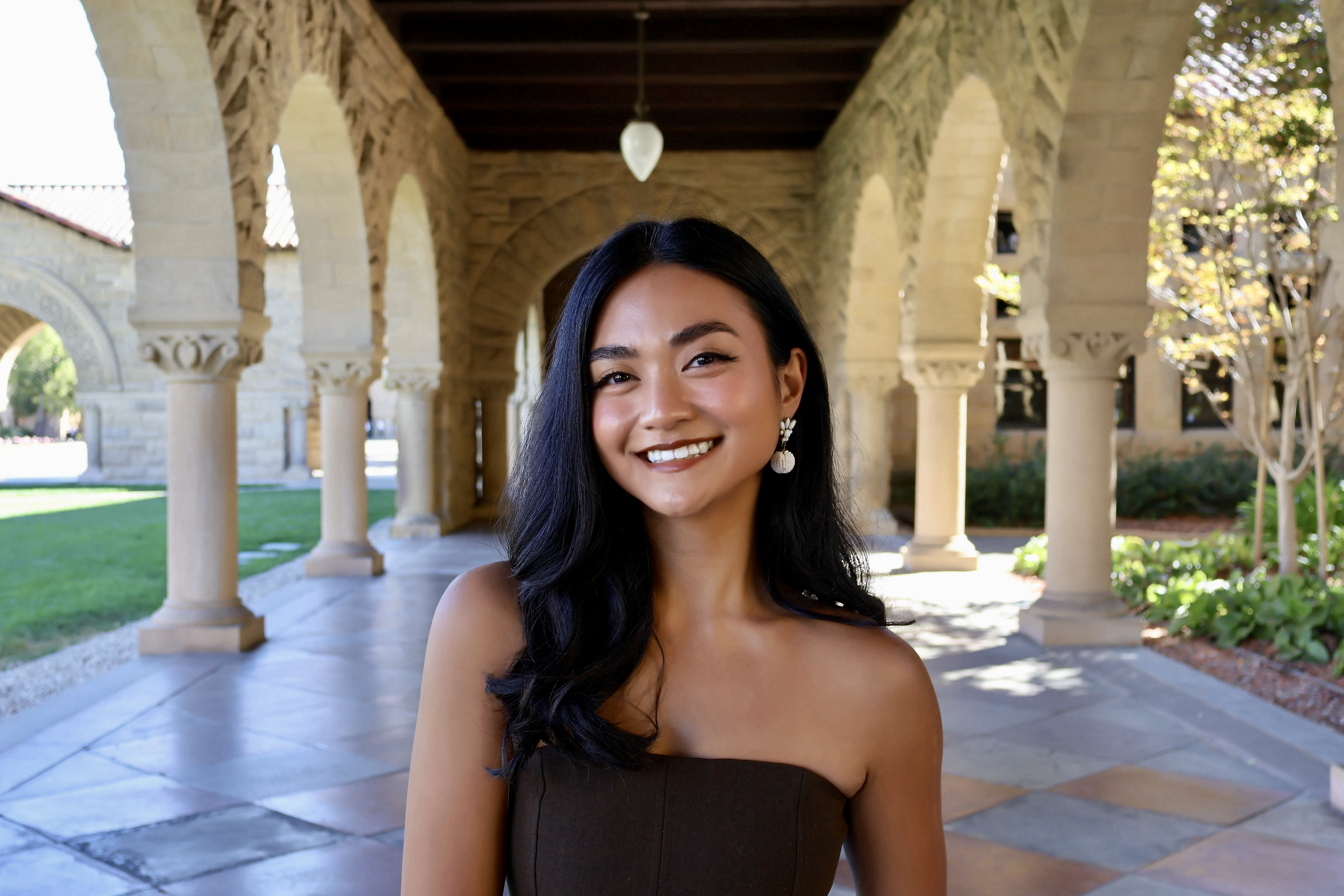
Margaret de Leon
Margaret de Leon is a PhD Research Fellow at the University of Toronto, Fulbright Scholar at Stanford University and the University of California, Berkeley, and 2025 Vanier Scholar. Her research explores how computational methods and large-scale datasets can be leveraged to examine college affordability and financial aid policy in the United States and in Canada. She is currently leading a four-year, mixed-methods longitudinal study on student employment and persistence, combining national survey data with narrative interviews. Her work integrates statistical modeling, equity-focused frameworks, and public scholarship to inform higher education policy and practice.
Shizhao (Lawrence) Liu
Lawrence is a PhD student in the Human-Computer Interaction (HCI) Lab at Santa Clara University. His research lies in HCI, social media, and digital well-being, including current projects on AI-powered Chrome extension for distraction management and tools for app review metadata scraping at scale. Lawrence obtained his undergraduate degree in Computer Science from Indiana University Bloomington and his master's degree in Information Science at the University of North Carolina at Chapel Hill.
Michael Lachanski
Michael Lachanski is a doctoral candidate in demography at the University of Pennsylvania. He holds an MA in Statistics and Data Science from the Wharton School and an MPA and AB from Princeton University. His research program uses causal inference and demographic methods to study education and labor force dynamics.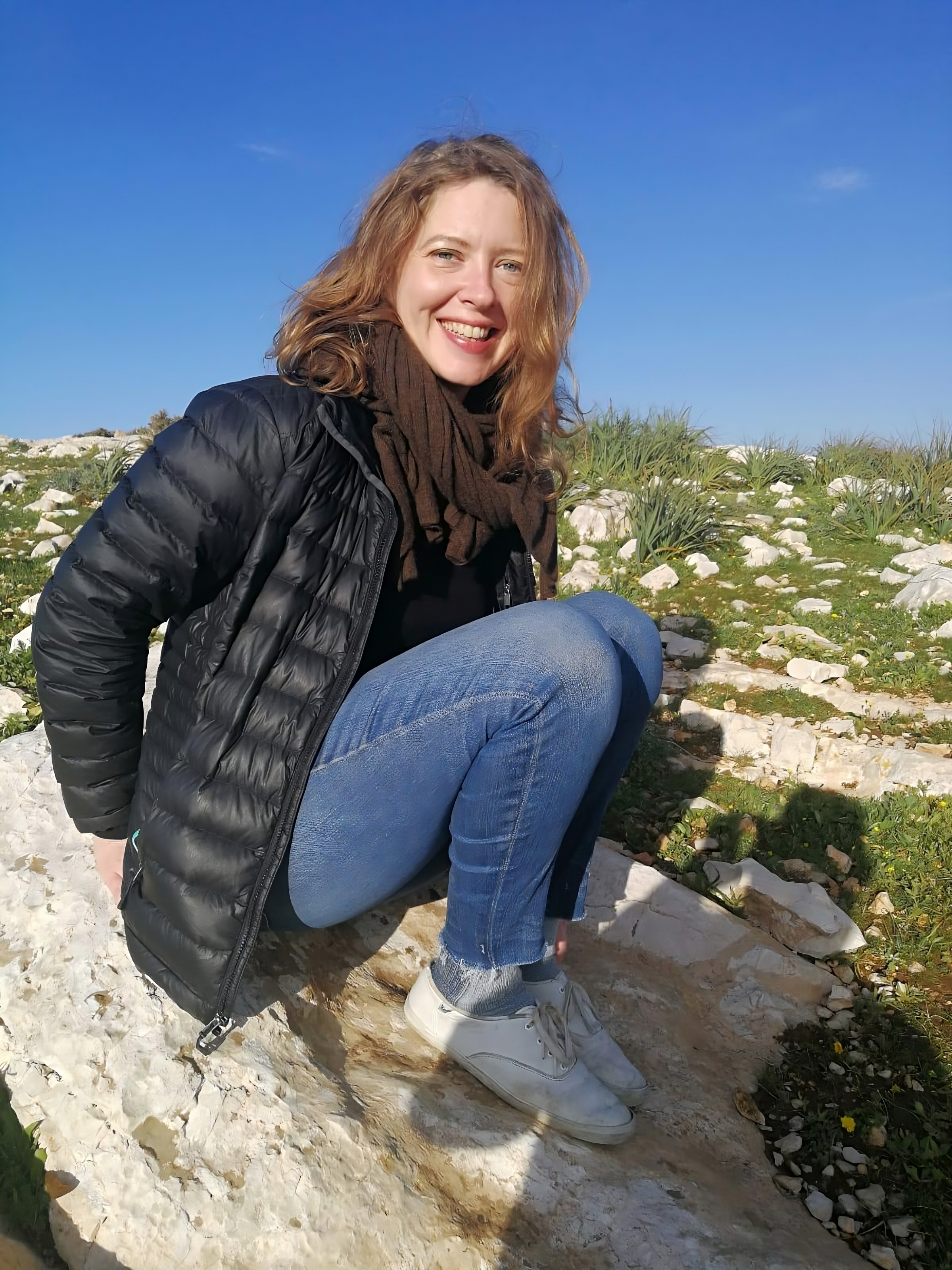
Crystal Shackleford
Crystal Shackleford is a postdoctoral researcher in the Psychology Department at Yale University. She researches intergroup relations with a focus on inequality, conflict, and cooperation, including how political communication influences socio-political attitudes and beliefs about the value of solidarity.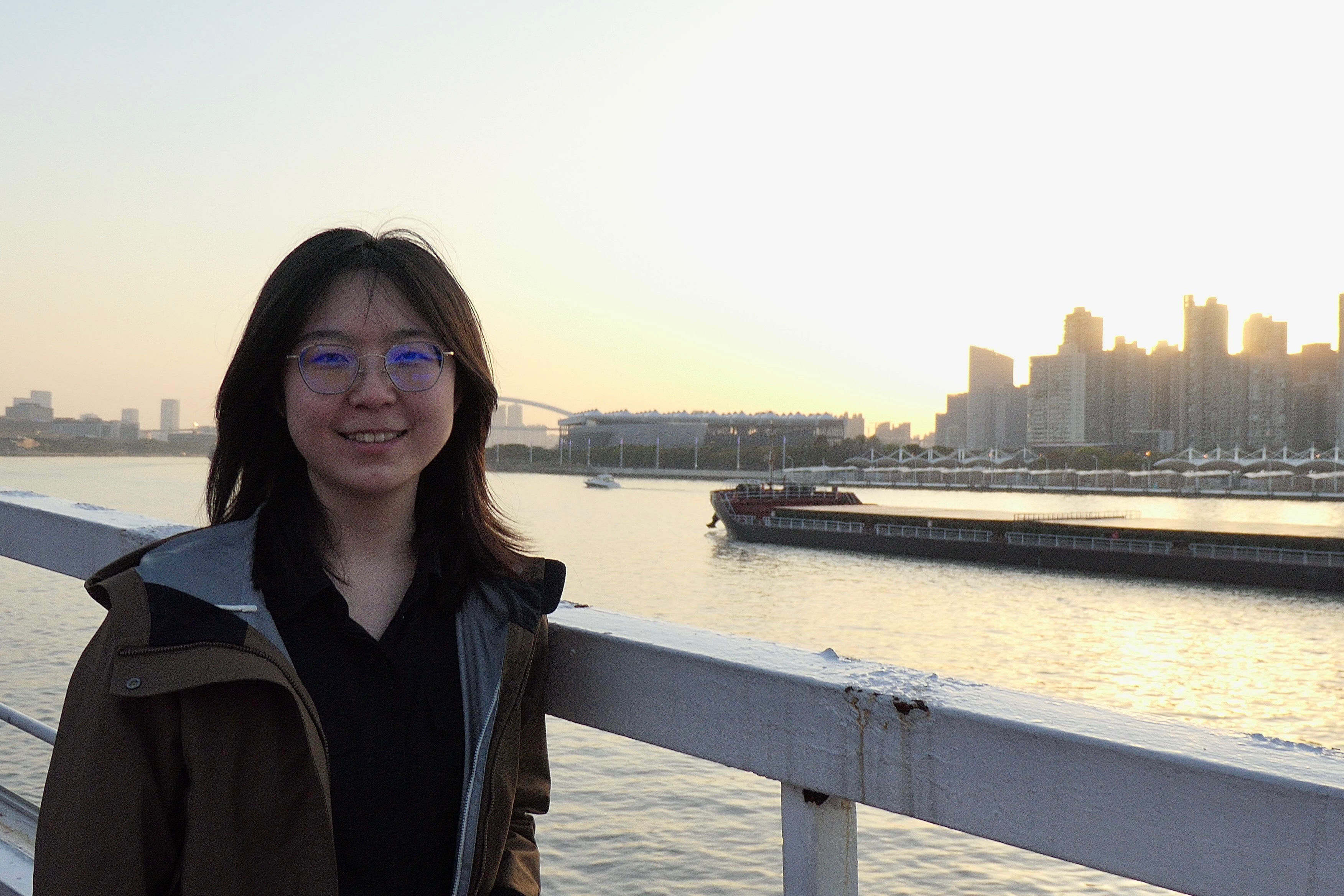
Bingxu Han
My name is Bingxu Han. I am a PhD-student in Stanford Communication. I am broadly interested in cognitive perception and AI-mediated communication.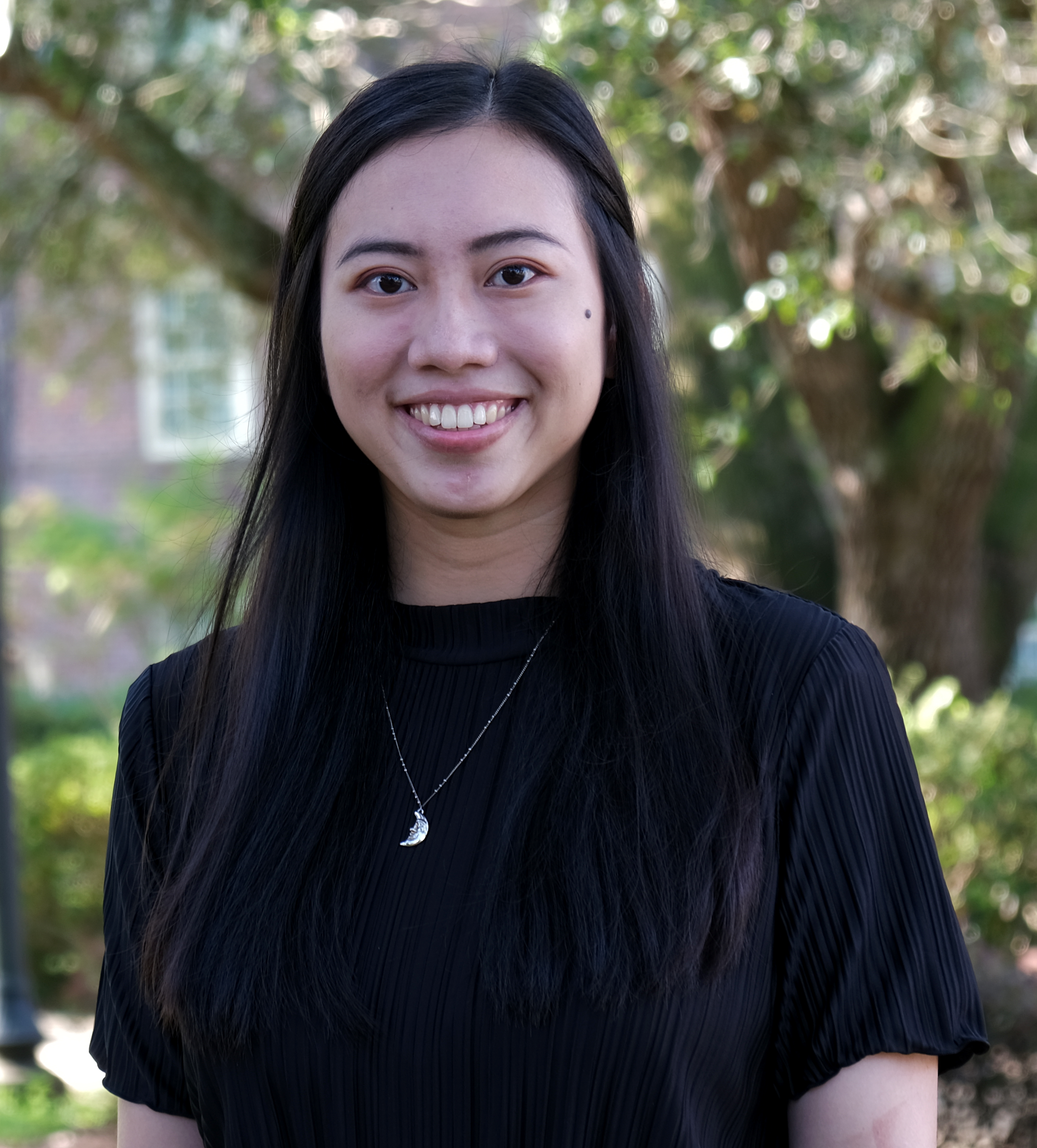
Celia Tseyen Lee
Celia is a doctoral student in the Department of Family Social Science at the University of Minnesota. Prior to becoming a Gopher, she earned her M.S. in Human Development and Family Science from Florida State University and her B.A. in Psychology from the University of British Columbia. Her research examines the impact of smartphones on teens' well-being using passive sensing and data science methods.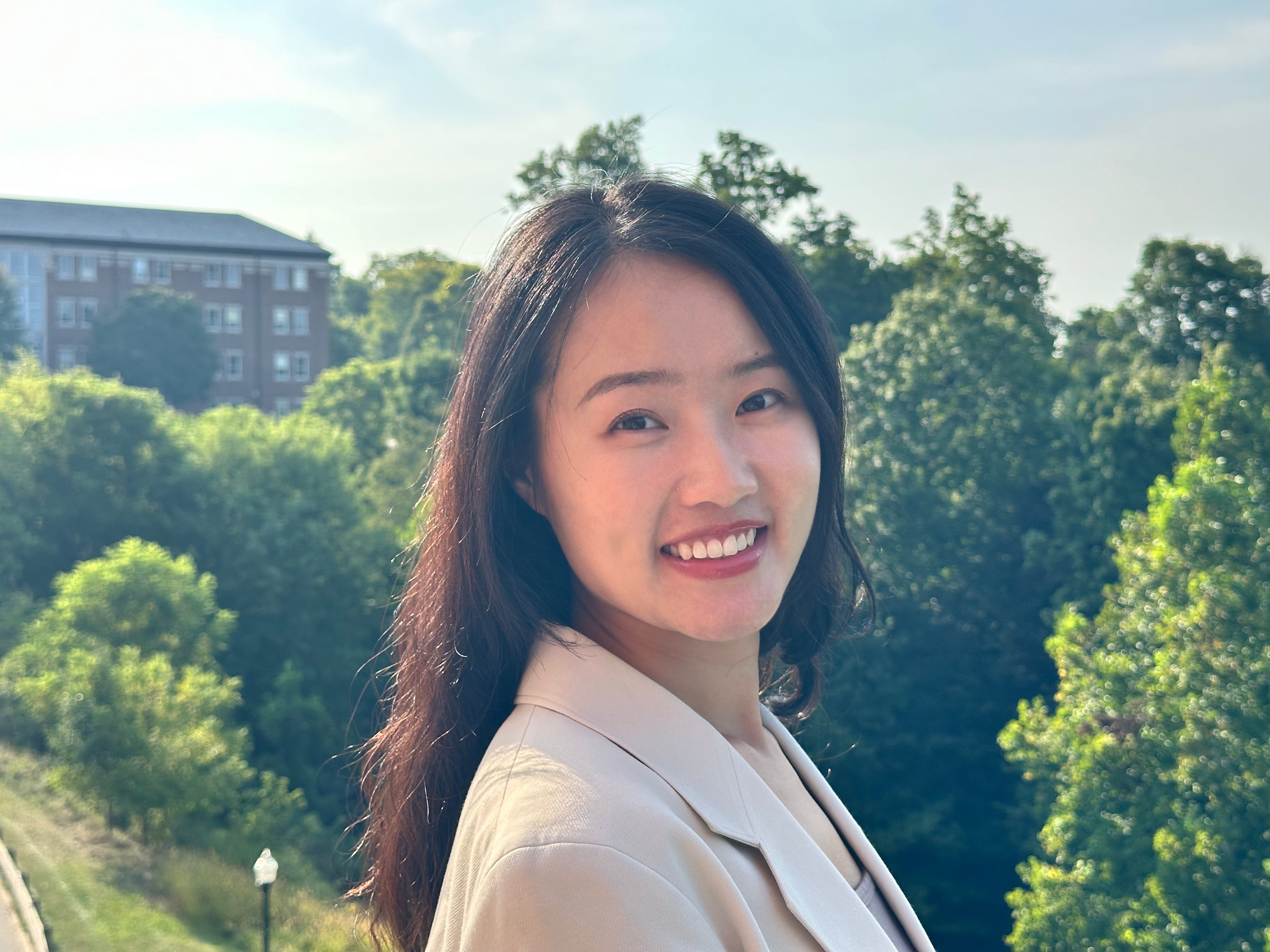
Man Yao
Man Yao is a quantitative sociologist and an assistant professor of Women's and Gender Studies at Denison University. She is also affiliated with Denison's Data Analytics Program. Her research examines how gender inequality persists in contemporary societies, including the U.S. and China. She is particularly interested in examining how gender differences are constructed and perpetuate in the digital age, by combining computational techniques with traditional social science methods.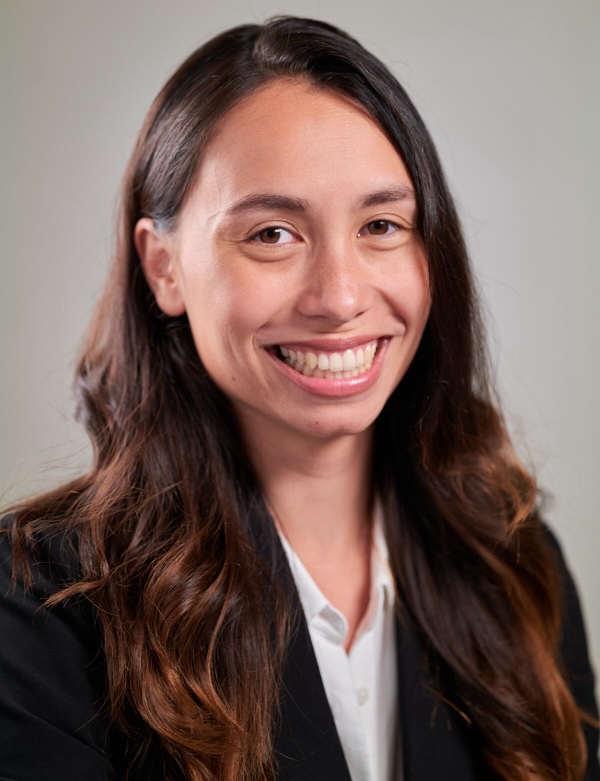
Sarah Wu
Sarah Wu is an incoming Communication PhD student at Stanford. Her research examines the psychological consequences of digital technologies, particularly in educational and creative contexts. Sarah previously completed a predoctoral fellowship at Stanford's Social Media Lab and earned her BA in Psychology with a music minor from Reed College.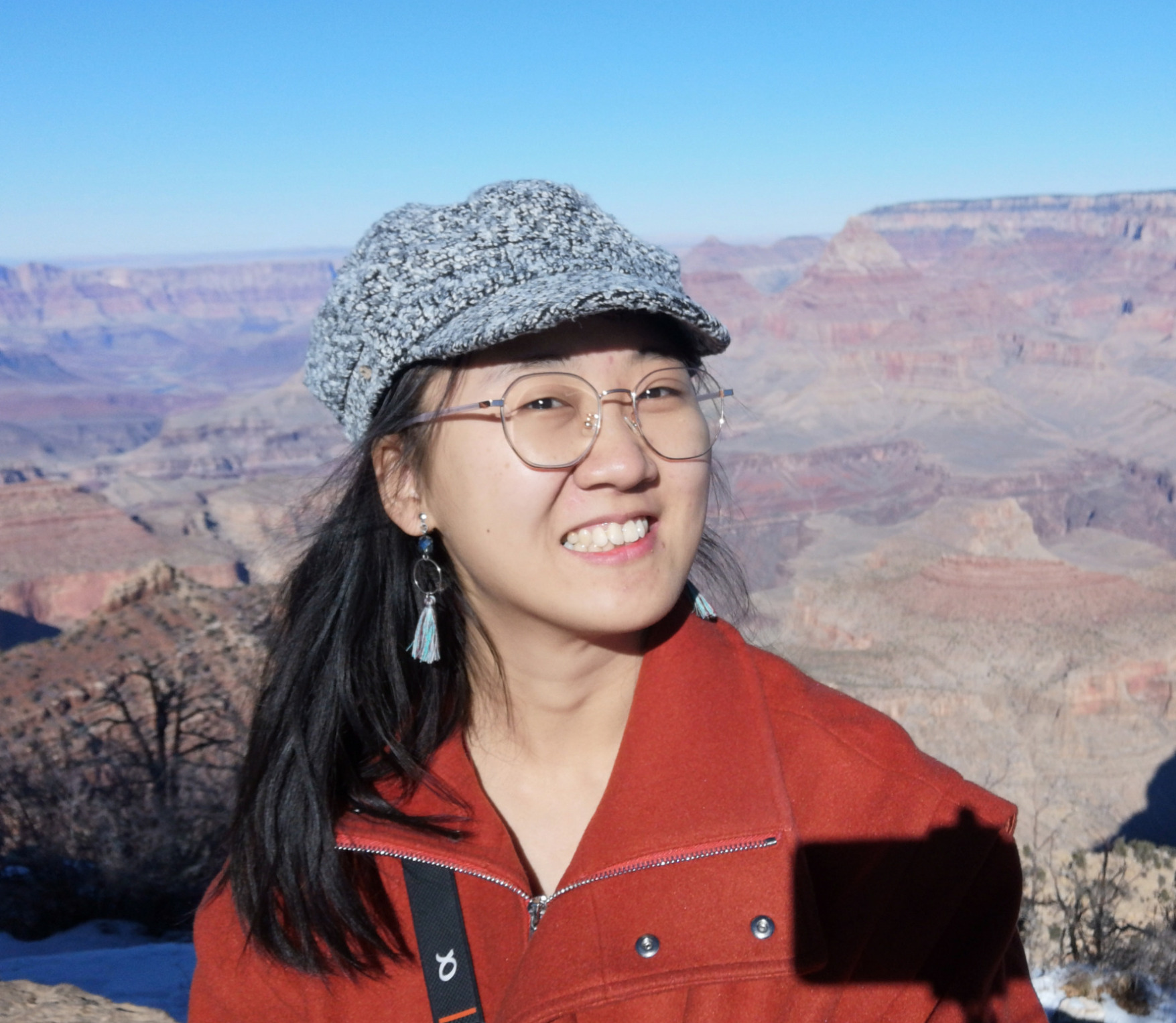
Jiaying 'Lizzy' Liu
I investigate how digital technologies and platforms shape online health discourse and care-seeking behaviors through a socio-technical lens. Through mixed-method research combining ethnography and computational analysis, I examine how multimodal technologies - particularly video-sharing platforms, chatbots, and robots - influence health communication and community building. My research analyzes how platform architectures, algorithmic systems, and cultural practices intersect with health content creation and circulation, with special attention to potential biases and systematic marginalization of individual narratives. My research contributes to care-centered digital technologies and social media policy design.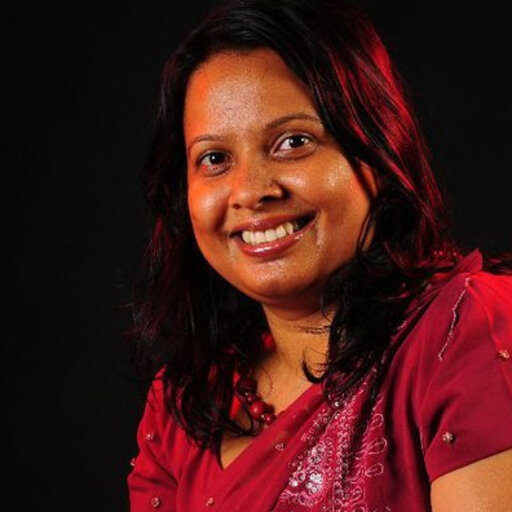
Dilrukshi Gamage
Dilrukshi Gamage is a Senior Lecturer at the University of Colombo School of Computing in Sri Lanka and an active researcher in Human-Computer Interaction and Computational Social Science. She is affiliated with several international research initiatives focused on platform governance, AI-generated misinformation, and digital literacy in the Global South. Her work combines empirical research with socio-technical tool development to address emerging challenges such as deepfakes, digital safety, and AI ethics. She has also served as a fellow and collaborator with global research centers including the Weizenbaum Institute in Germany, Centre for Protecting Women and Children group at the Open University in the UK and the Berkman Klein Center in the USA.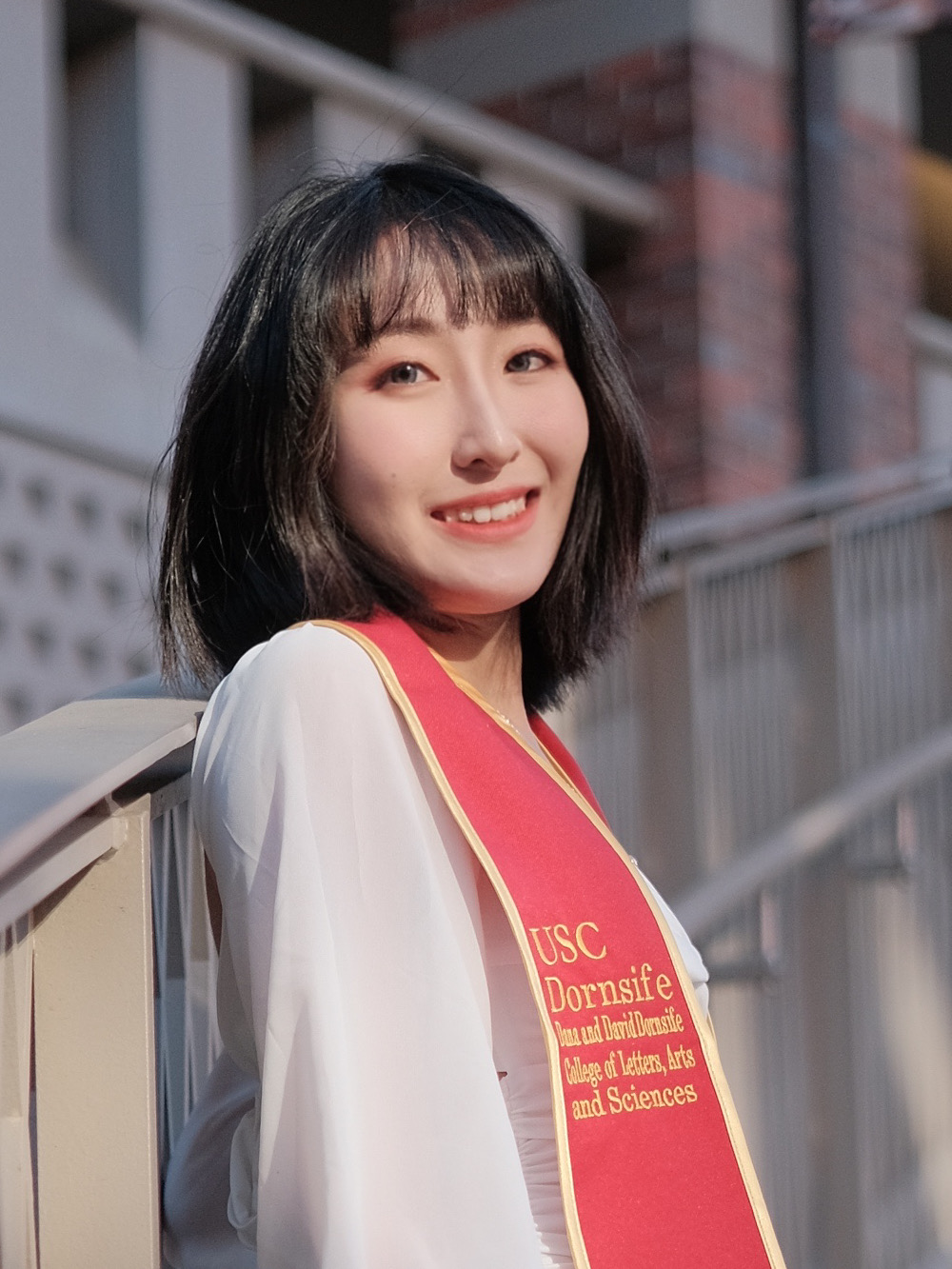
Yun Evelina Bao
Yun (Evelina) Bao is a third-year PhD student in the department of psychology of New York University. Her research interests broadly lie in emotions and collective actions in social changes. Her research explores two main questions: 1) how do people emotionally respond to social events and upheavals? 2) how do these emotions further motivate engagement in collective actions to promote social changes? She used various experimental and computational methods in her studies, including interventions, longitudinal studies, and natural language processing.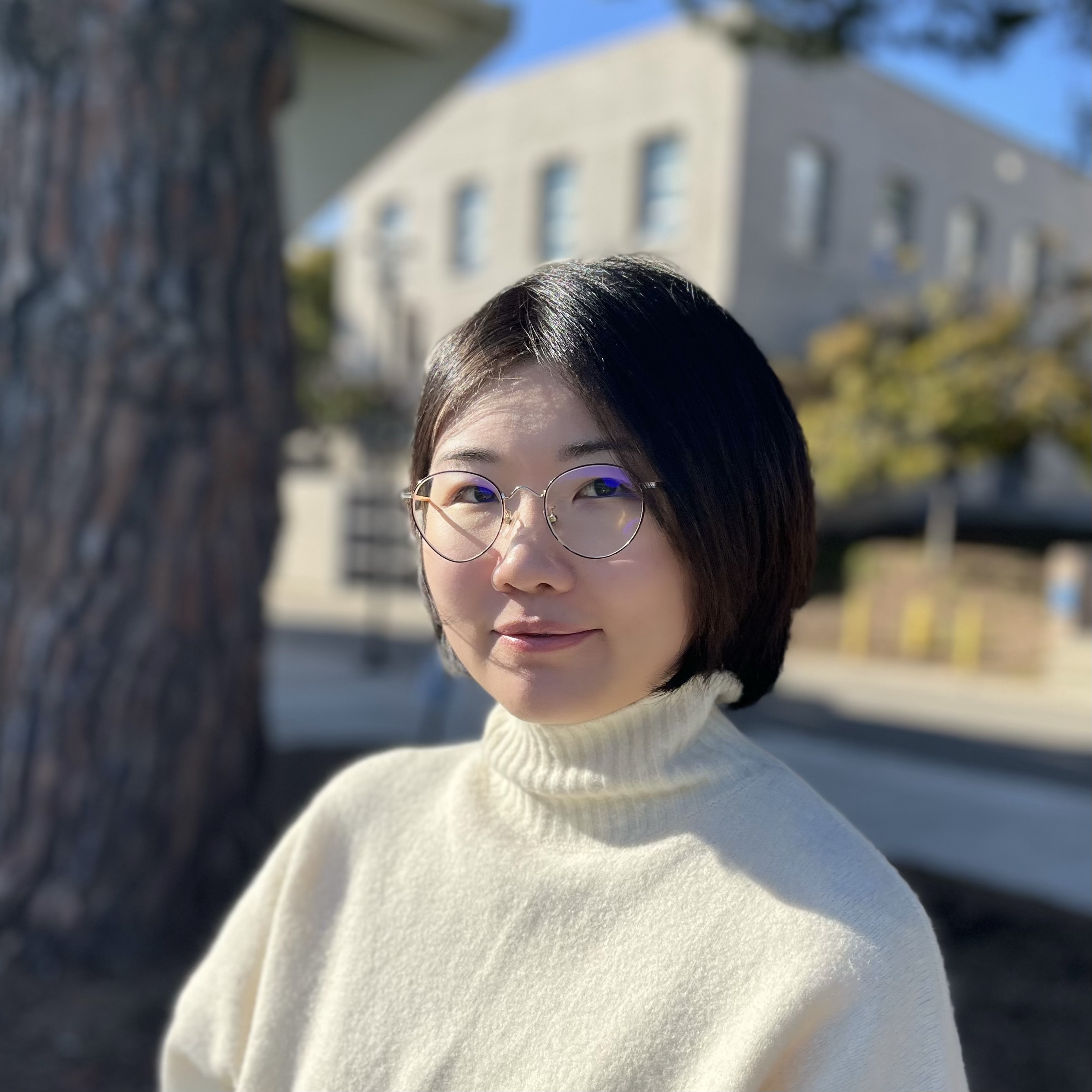
Qiyao Peng
Qiyao Peng is a PhD student at the University of California, Santa Barbara. Her research explores how emerging media technologies and message design influence health behaviors and outcomes. She is also involved in studying the spread and public interpretation of AI-generated content in digital environments.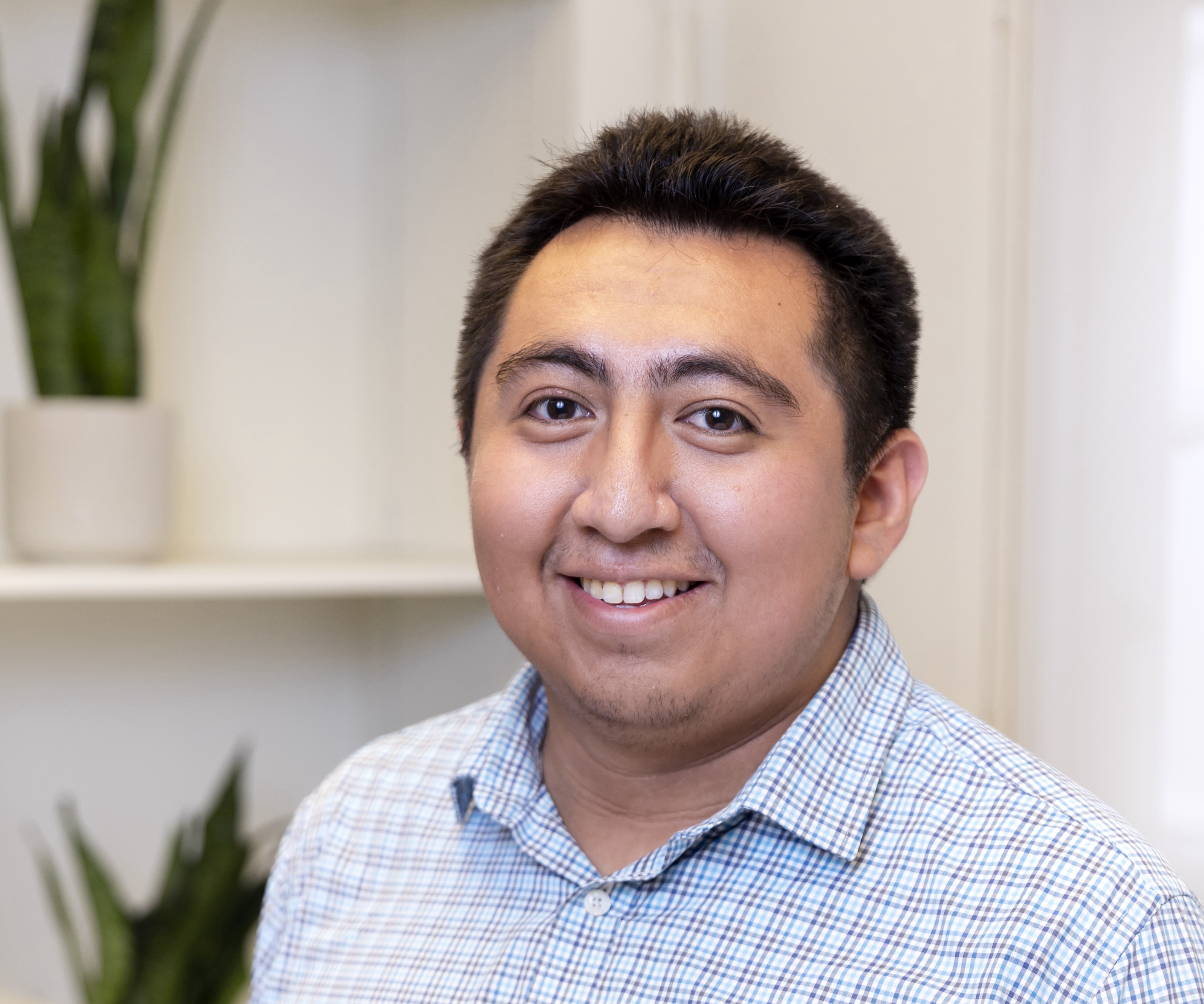
Jose Aguilar
Jose R. Aguilar is currently a PhD student in the Policy, Politics, and Leadership program at UC Berkeley's School of Education. His research employs natural language processing, machine learning, and social network analysis to investigate how institutional discourse, algorithmic decision-making, and education policy influence postsecondary access and equity for marginalized students.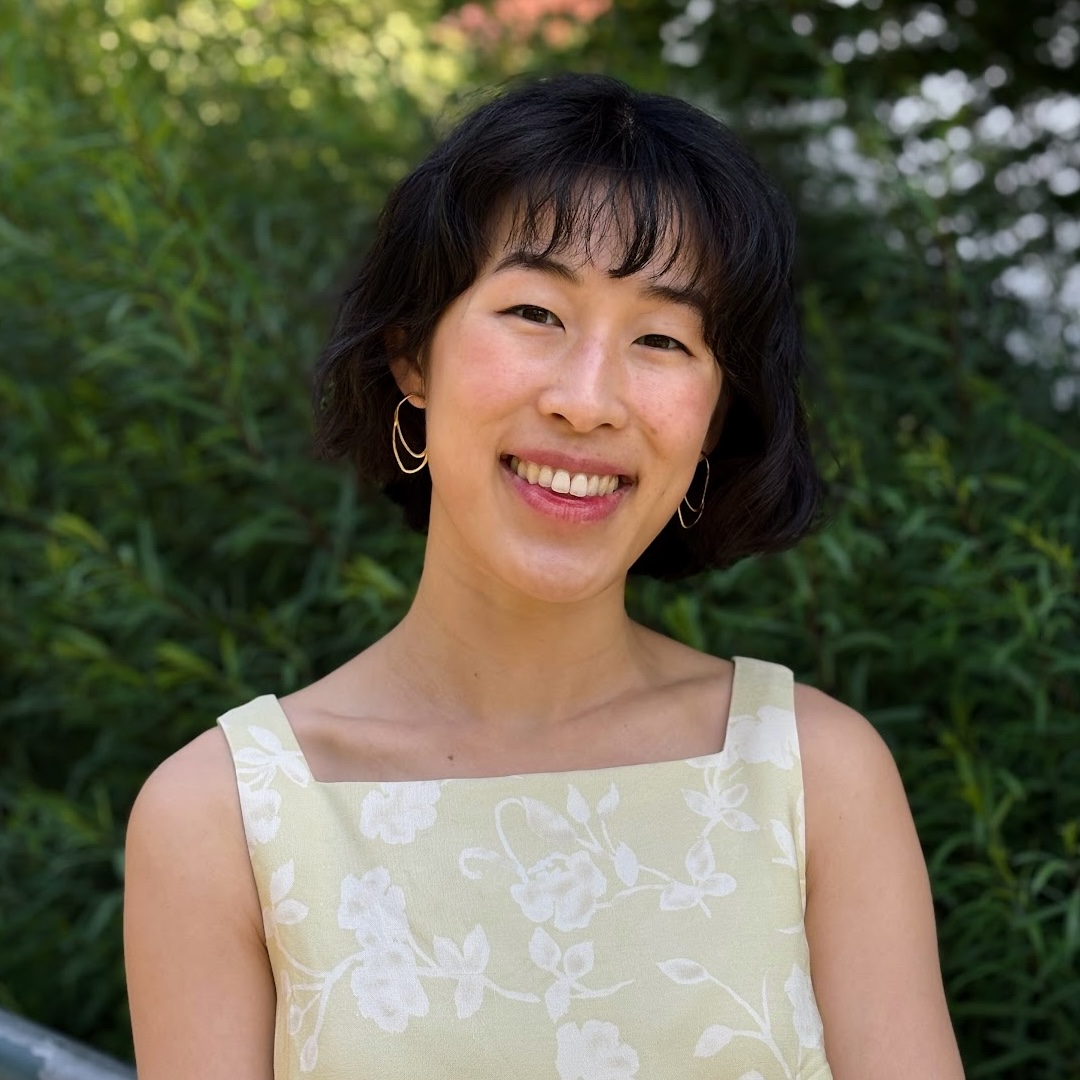
Rachel Song
Rachel Song is an incoming Assistant Professor of Psychology at the University of Puget Sound. She received her PhD in Psychology from the University of Washington. Her research examines how people respond to their cultural and physical environments in ways that reinforce or reduce social inequities. She studies how people react to growing diversity in their neighborhoods and how people make sense of their role in systems of privilege and oppression. Her research uses multiple methods including field surveys, experiments, and archival text analyses.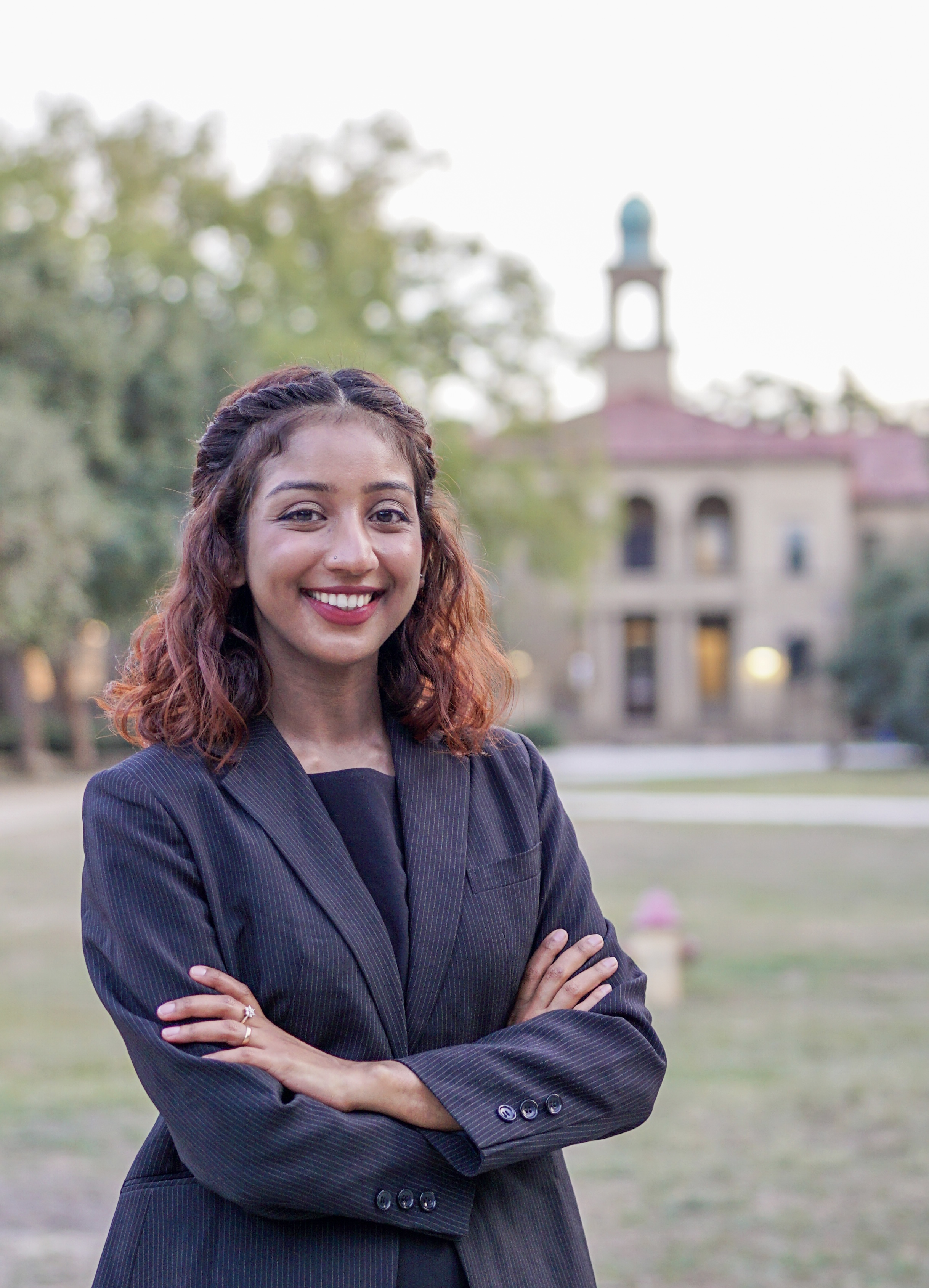
Nabila Mushtarin
Nabila Mushtarin is a Ph.D. candidate at LSU whose research examines health communication, media effects, and social inequality. She uses critical cultural analysis to study how personal and media narratives influence health behaviors among Black women in the U.S. South, and also explores computational tools to analyze public perceptions and behaviors on social media.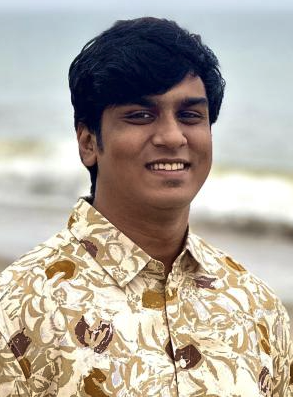
Soumyajit De
Soumyajit De is an M.A./Ph.D. student at UC Santa Barbara. His research explores how algorithms function within socio-technical systems, specifically focusing on their role in organizational processes such as recruitment, performance evaluation, and resource allocation. Specifically, he investigates the interactions between human actors, organizational structures, and algorithmic technologies, emphasizing that algorithms are not merely passive tools but active agents shaping and being shaped by organizational norms and human agency. Currently, he is working on auditing the ranking algorithms of gig-work platforms to see if they produce discriminatory outcomes in terms of race, gender, and ethnicity, similar to how humans rank the workers' profiles. He is also interested in evaluating the conditions where ranking algorithms exacerbate and mitigate such discrimination.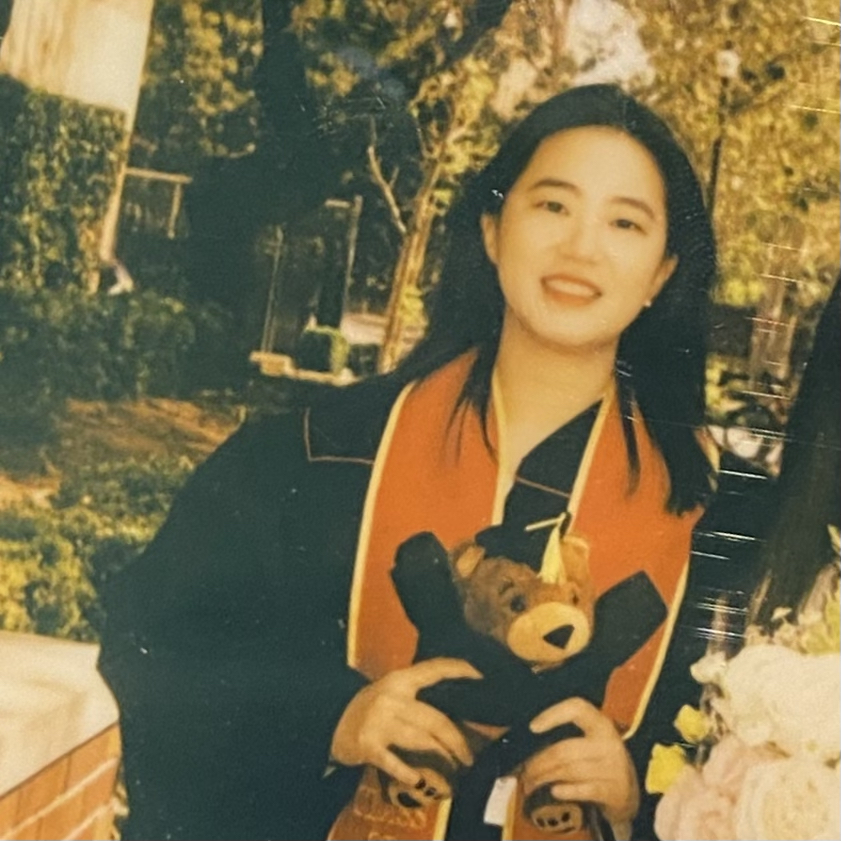
Lei Cao
Lei Cao is a PhD student in Communication at University of Southern California. Her research interests span the broad fields of computational social science, focusing on online communities, social media, and social networks. She is also interested in emerging technology and aims to develop theories and methods that explore social and information dynamics with these technologies.
Tae Sung Oh
Tae Sung Oh is a Ph.D. student in the Department of Political Science at Washington University in St. Louis. His research focuses on international political economy, particularly how global business competition is shaped and influenced by political institutions. He earned his M.A. in International Relations from Seoul National University and his B.A. in Chinese Political Economy from Hankuk University of Foreign Studies.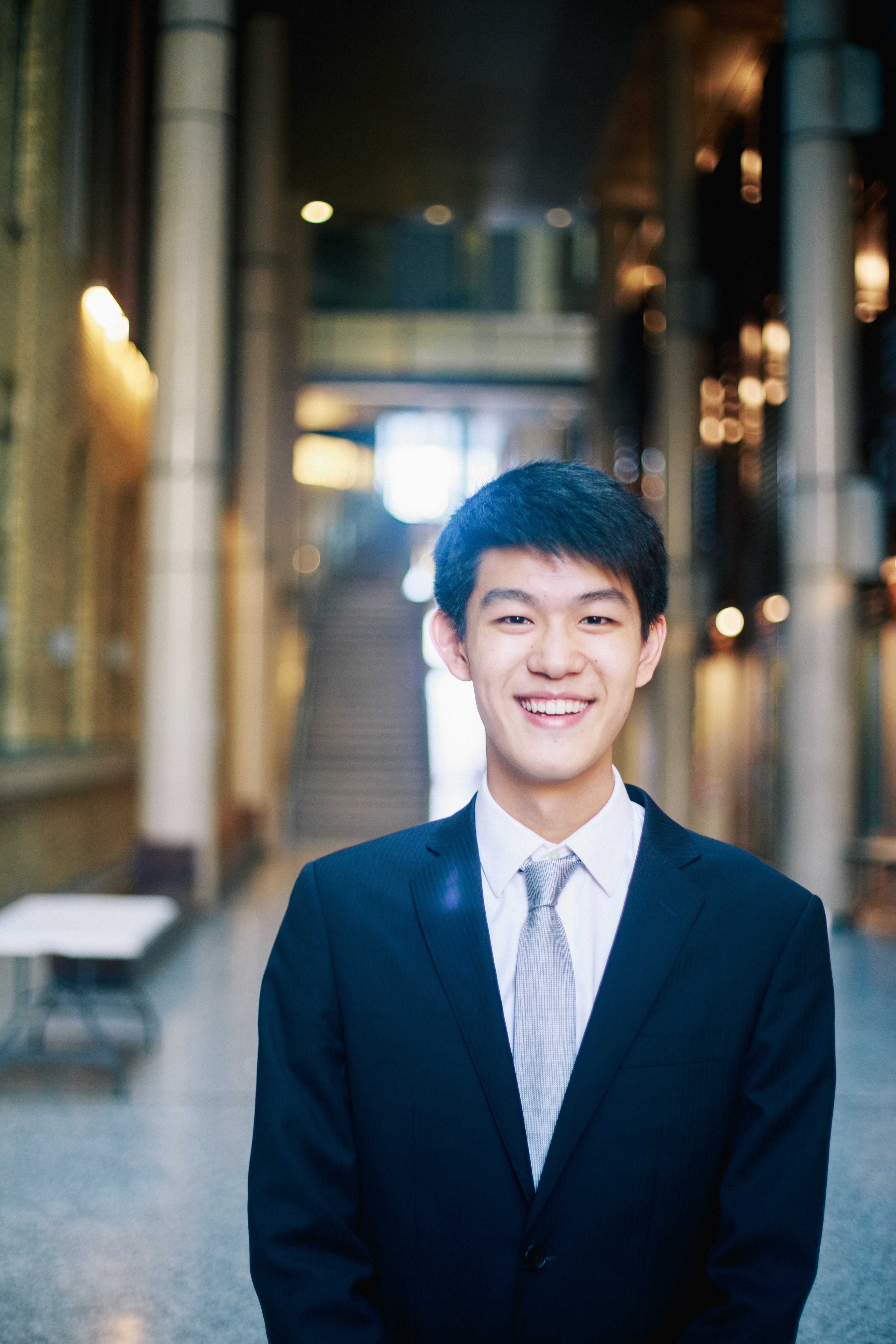
Henry Xu
Henry Xu is an incoming PhD student at the MIT Sloan School of Management. His research focuses on two main areas: developing AI and NLP methods for social science research, and using these methods alongside experimental approaches to understand mechanisms of persuasion. His broad interests lie in Computational Social Science and Machine Learning.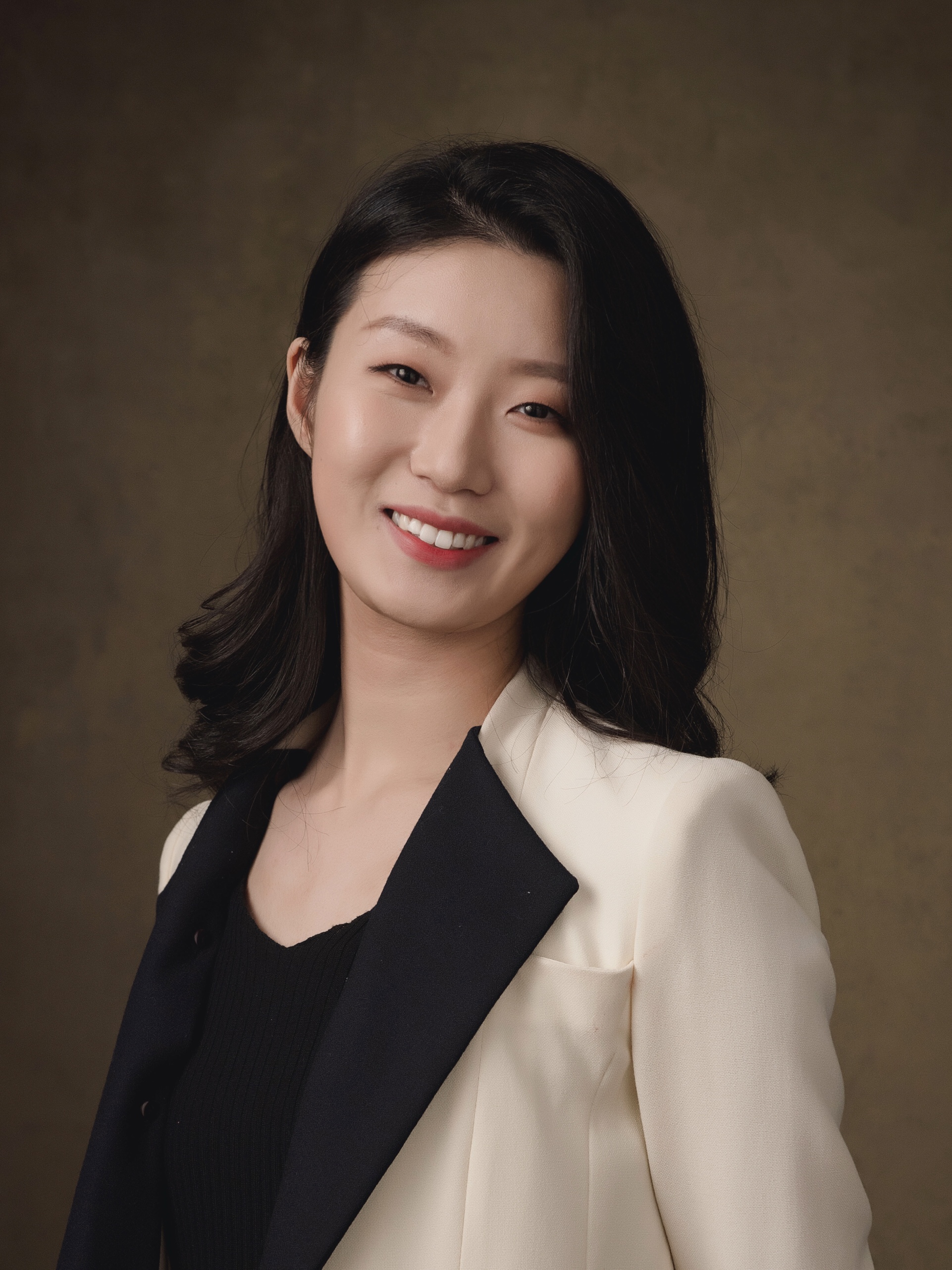
Vivienne Bihe Chi
Vivienne is an incoming postdoctoral researcher in the Department of Computer and Information Science at the University of Pennsylvania. She holds a PhD in Cognitive Science from Brown University. Her research investigates the cognitive and behavioral dynamics of human-AI interaction, particularly focusing on how people teach and develop trust in AI. Her work spans computational social science and psychology, with interests in social norms, well-being and mental health in online and AI-mediated interactions.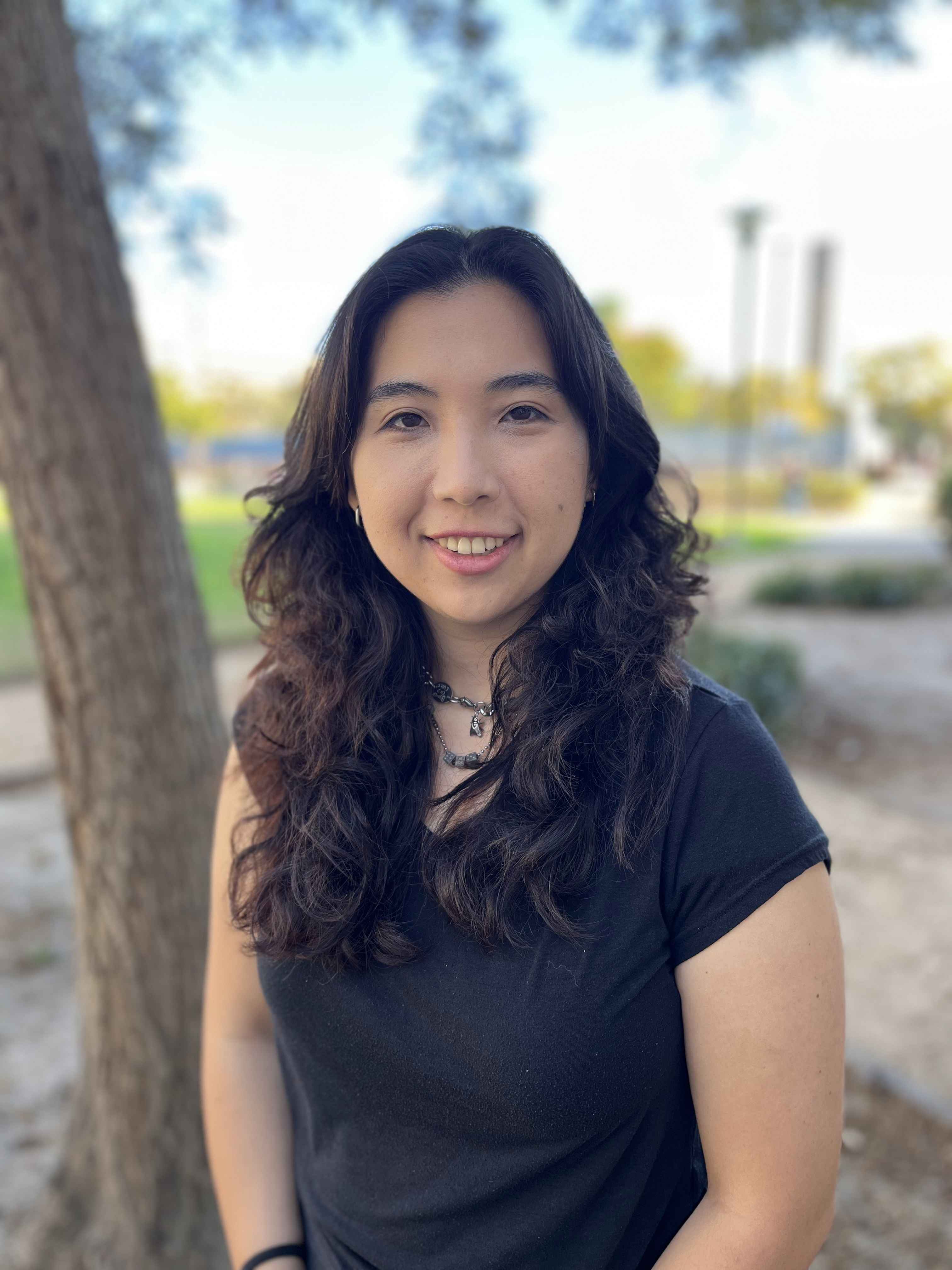
Sylo de Vegvar
Sylo is interested in understanding the aspects of emerging technology that contribute to information spread, particularly in the context of health information. She focuses on concepts such as infinite scroll, closed groups, and algorithmic recommendation and censorship systems.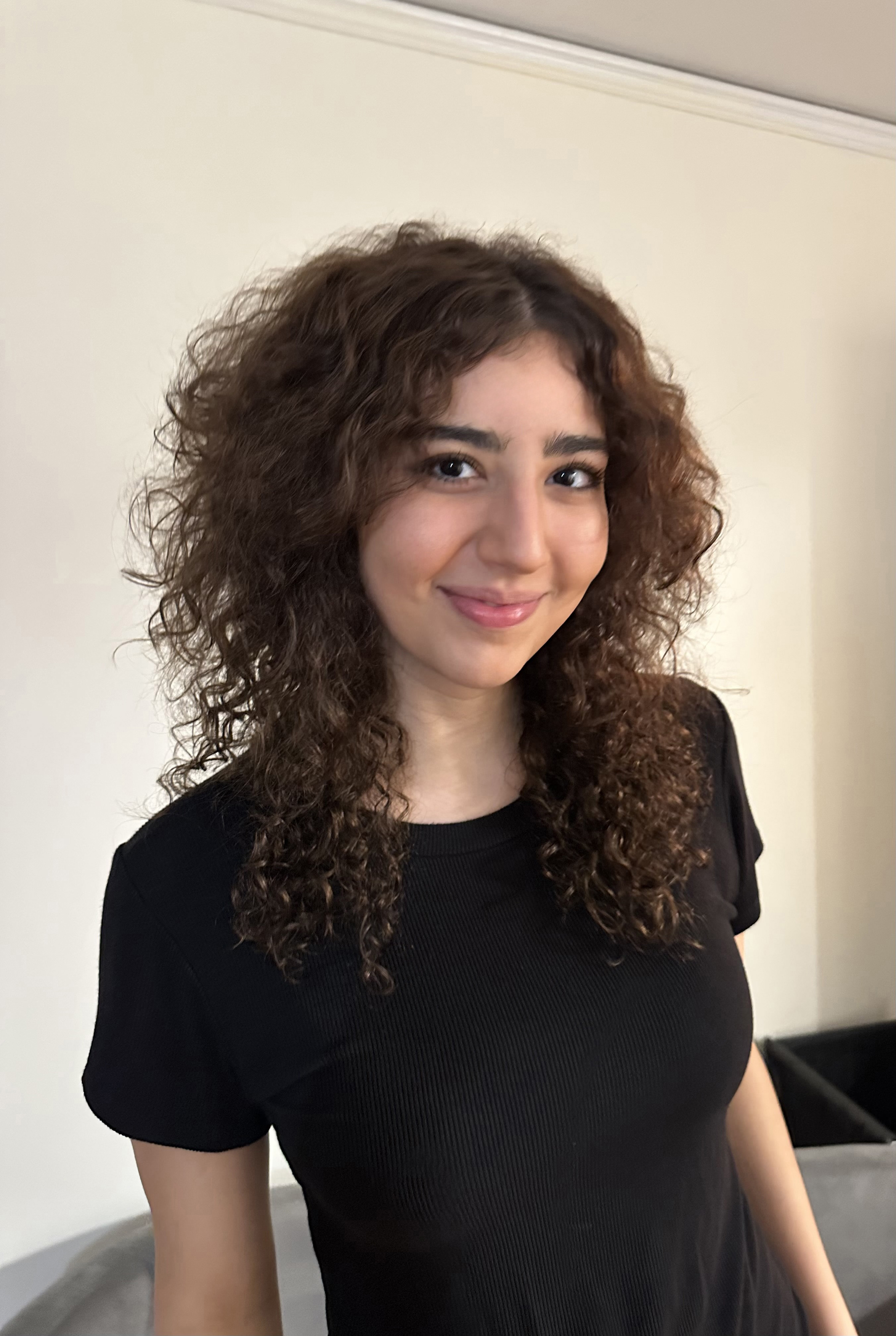
Aya Salim
Aya is an incoming PhD student in the Social Media Lab at Stanford University. Her research explores how people process and respond to information in complex media environments. She is particularly interested in misinformation and how various forms of media shape attitudes and decision-making. She plans to employ computational and behavioral methods to explore the psychological processes in digital environments. Aya holds a B.S. in neuroscience and political science from the University of Michigan and previously worked as a predoc in the Behavioral Science for Policy Lab at Princeton University.